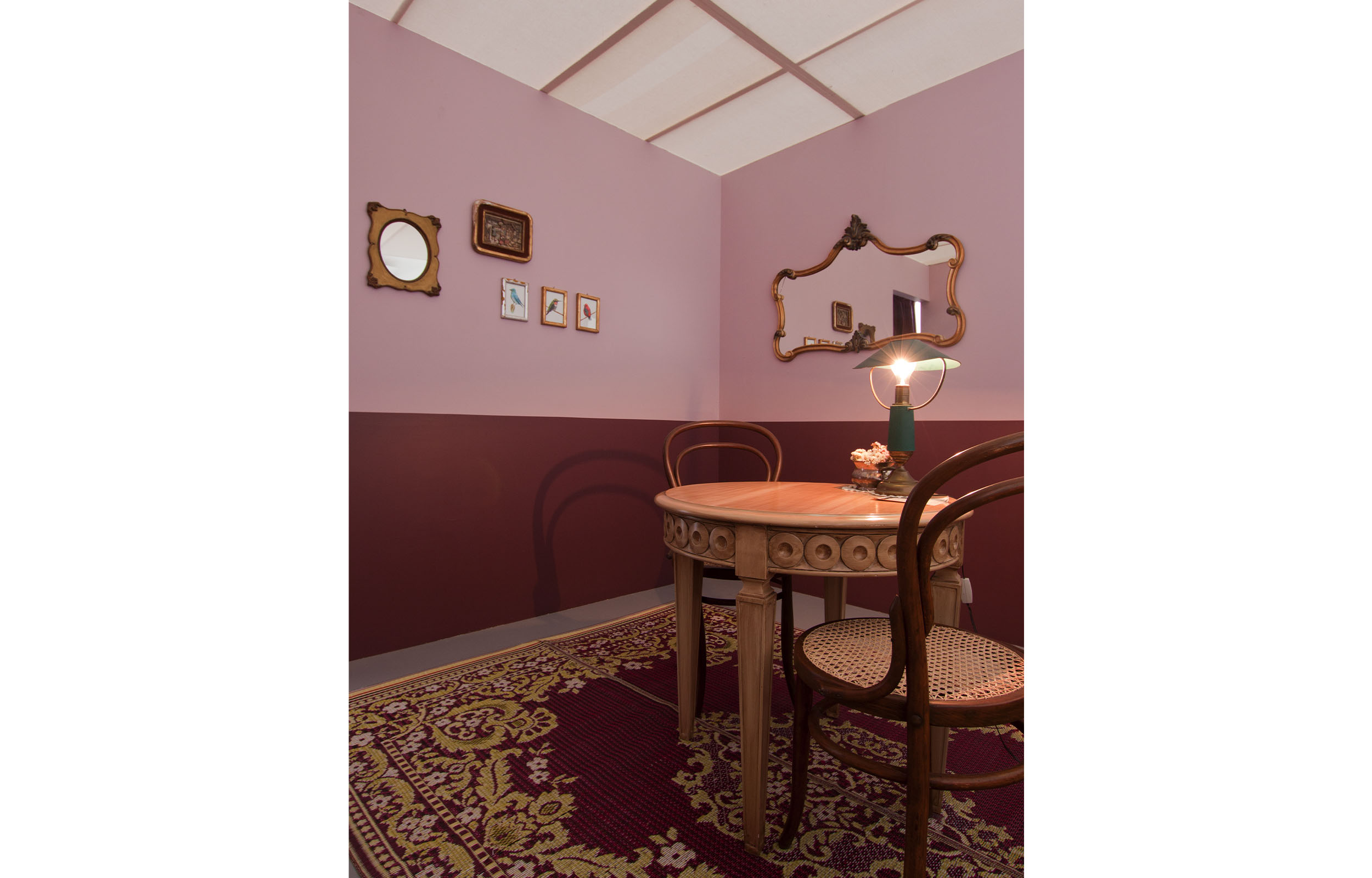
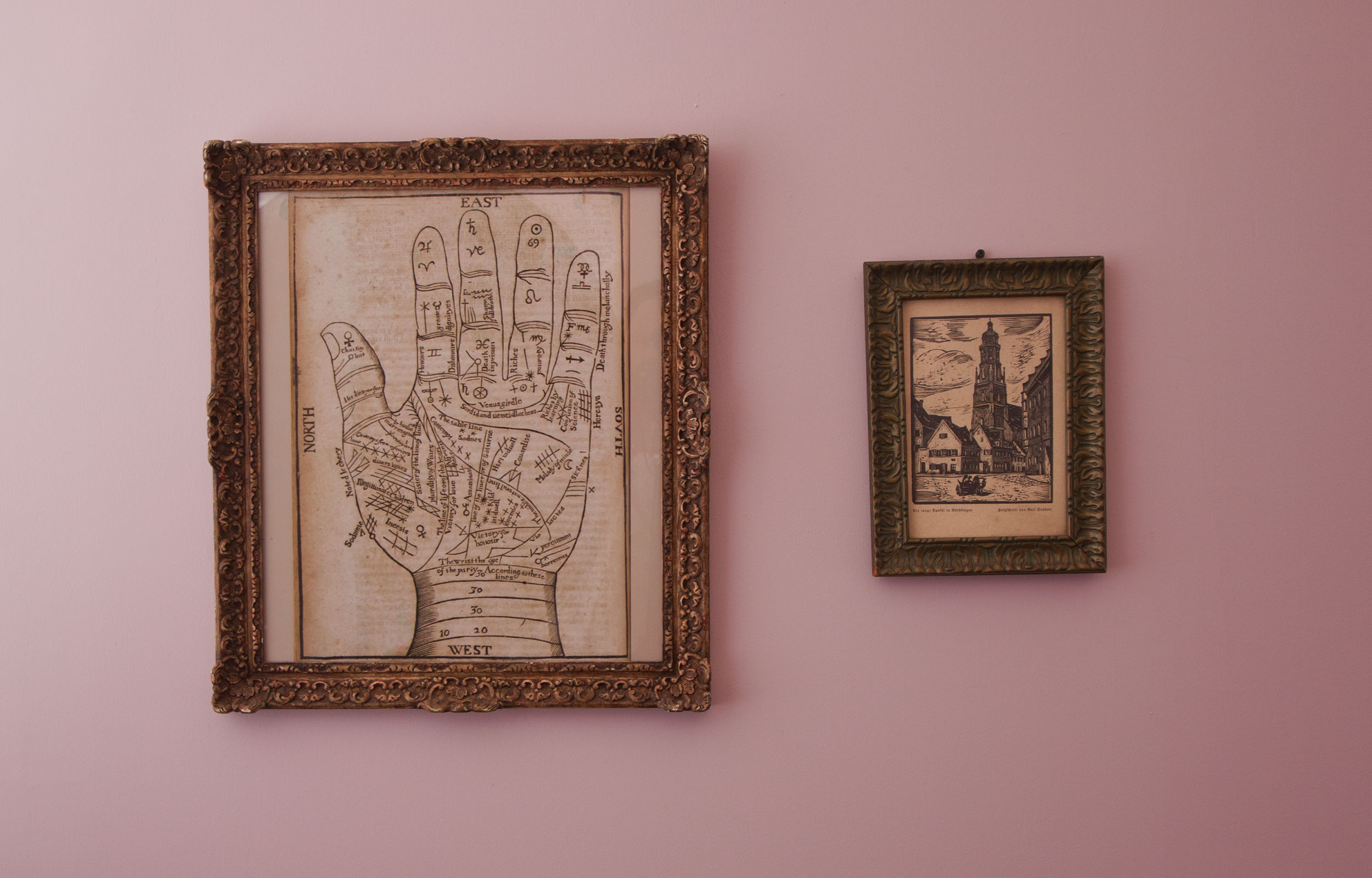
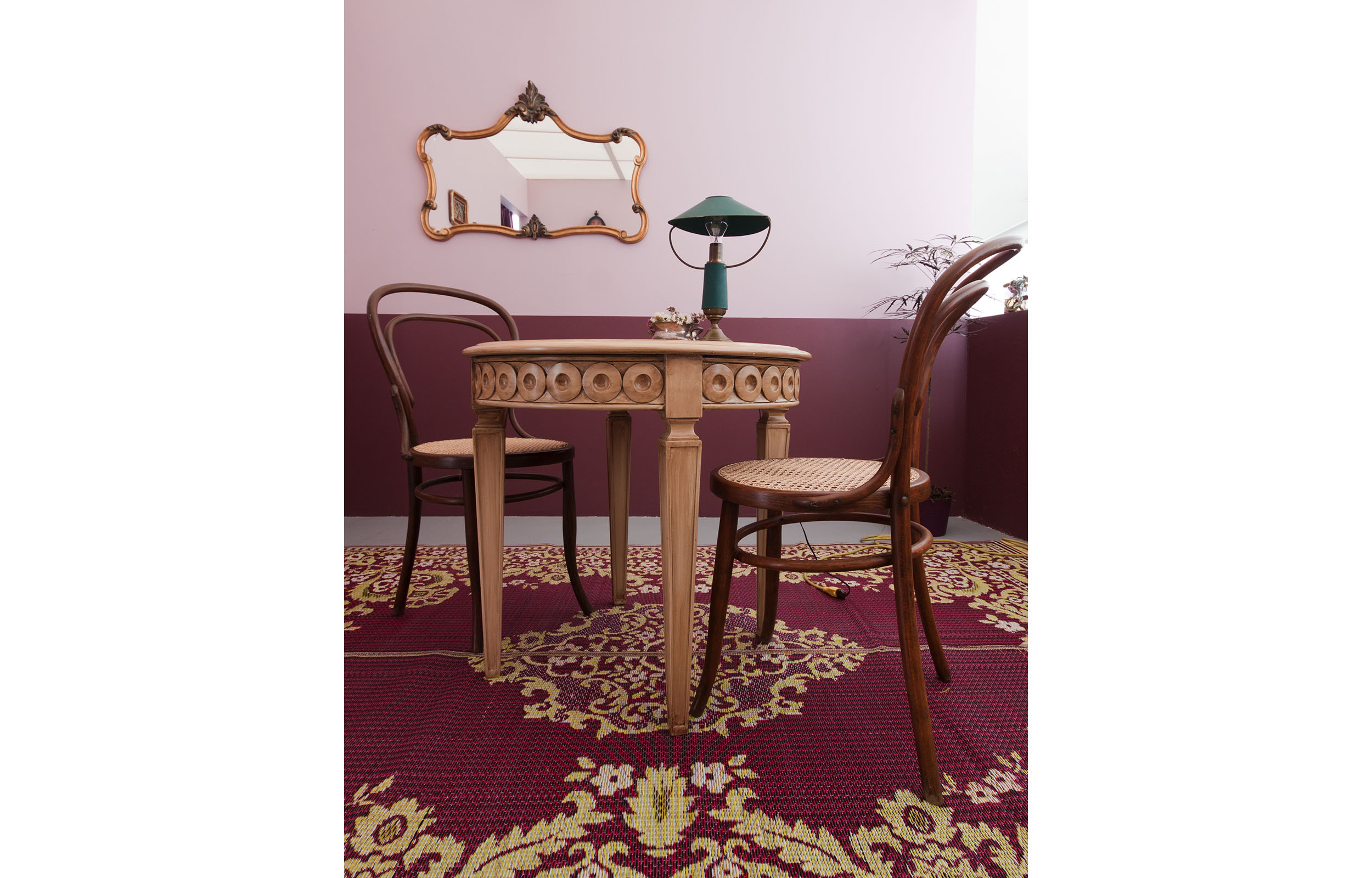


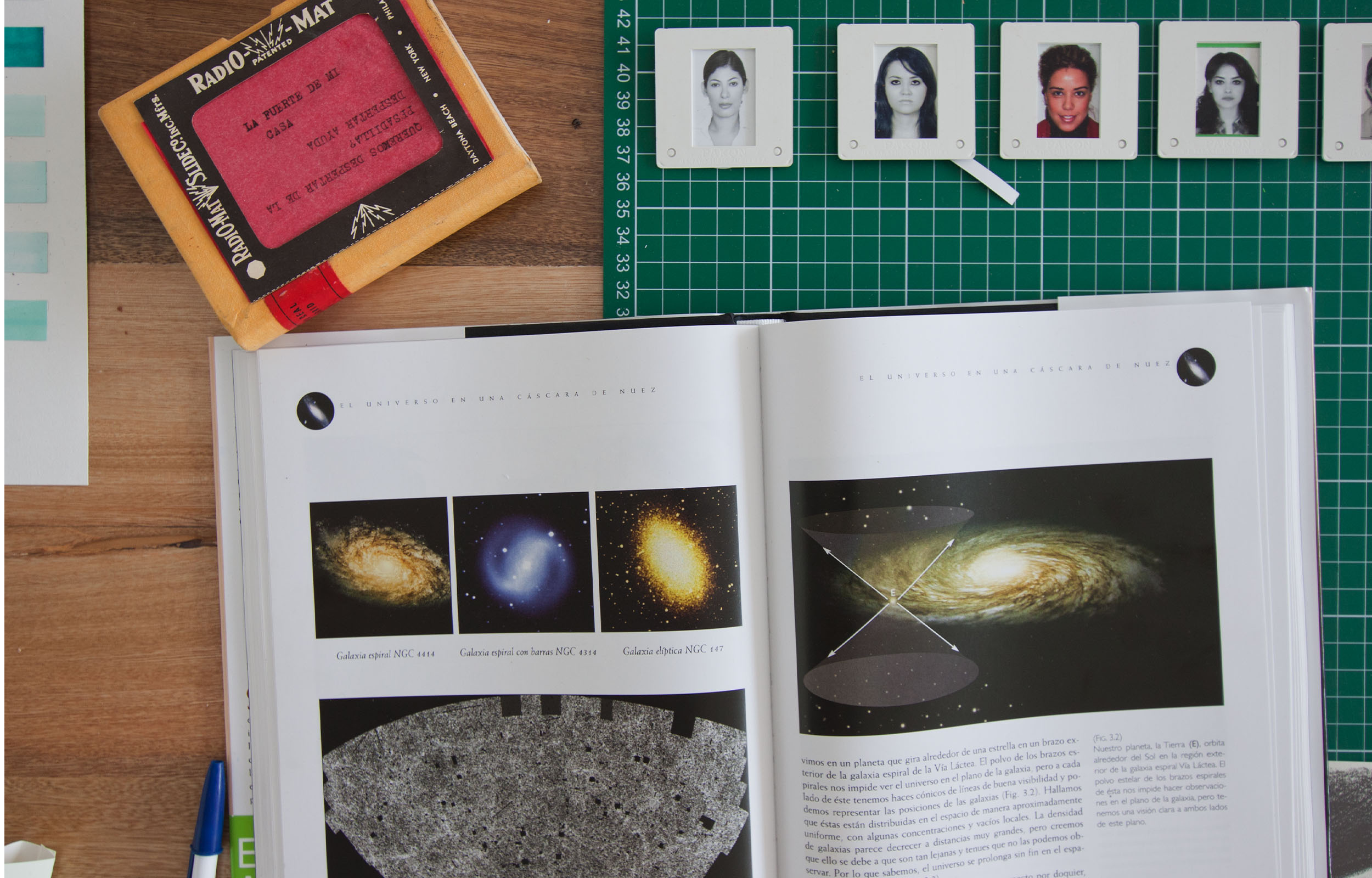
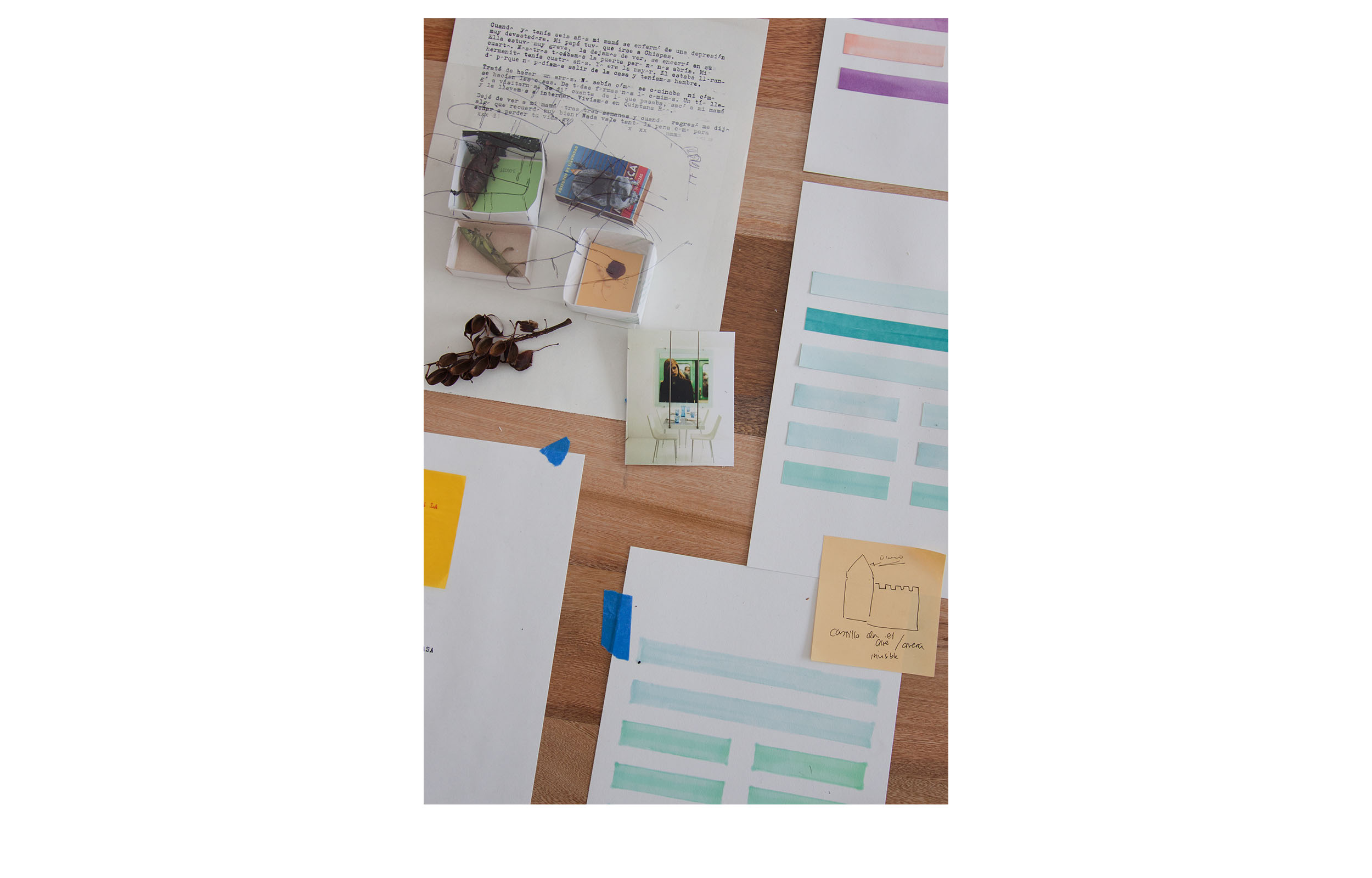
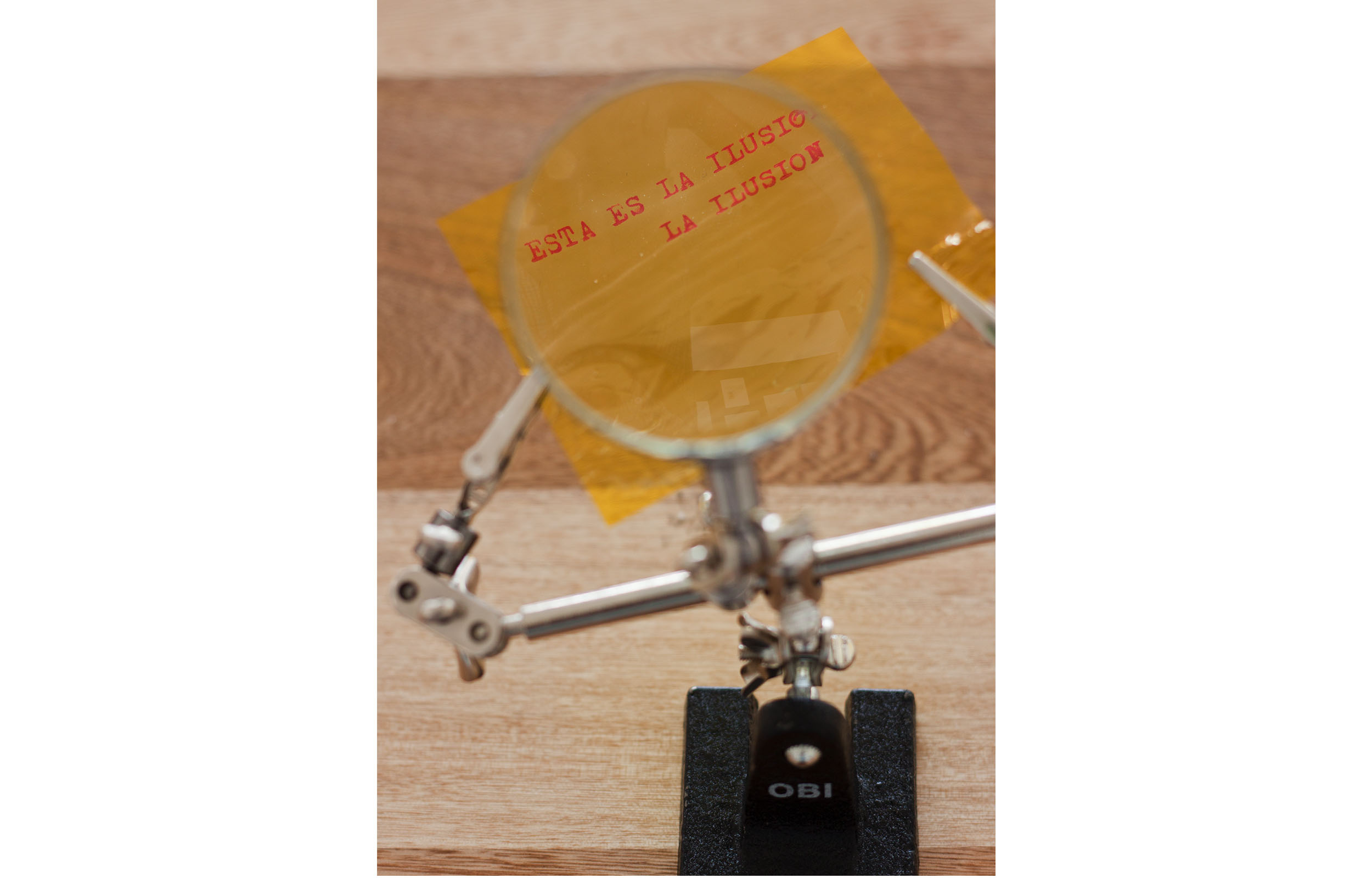
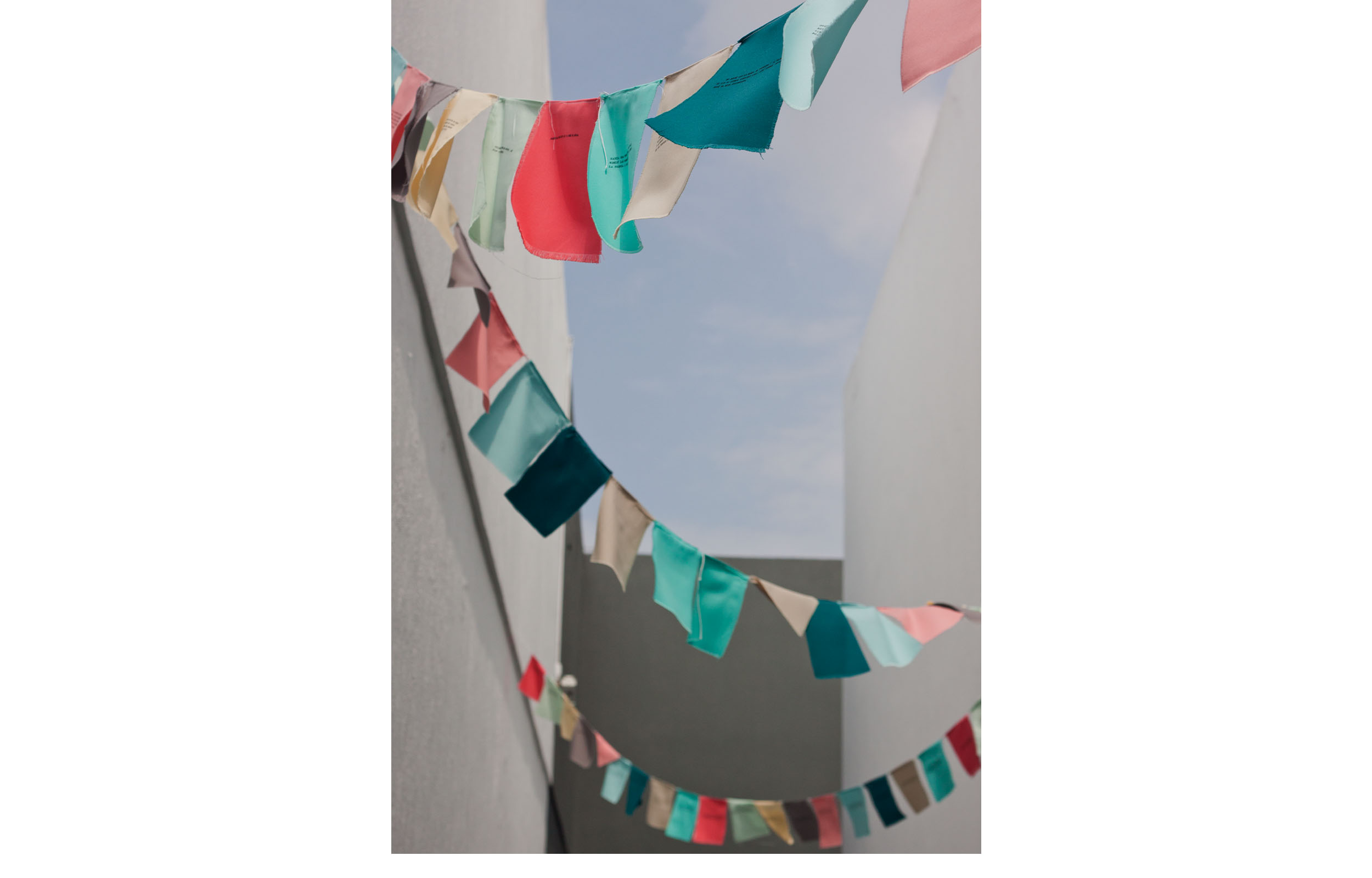
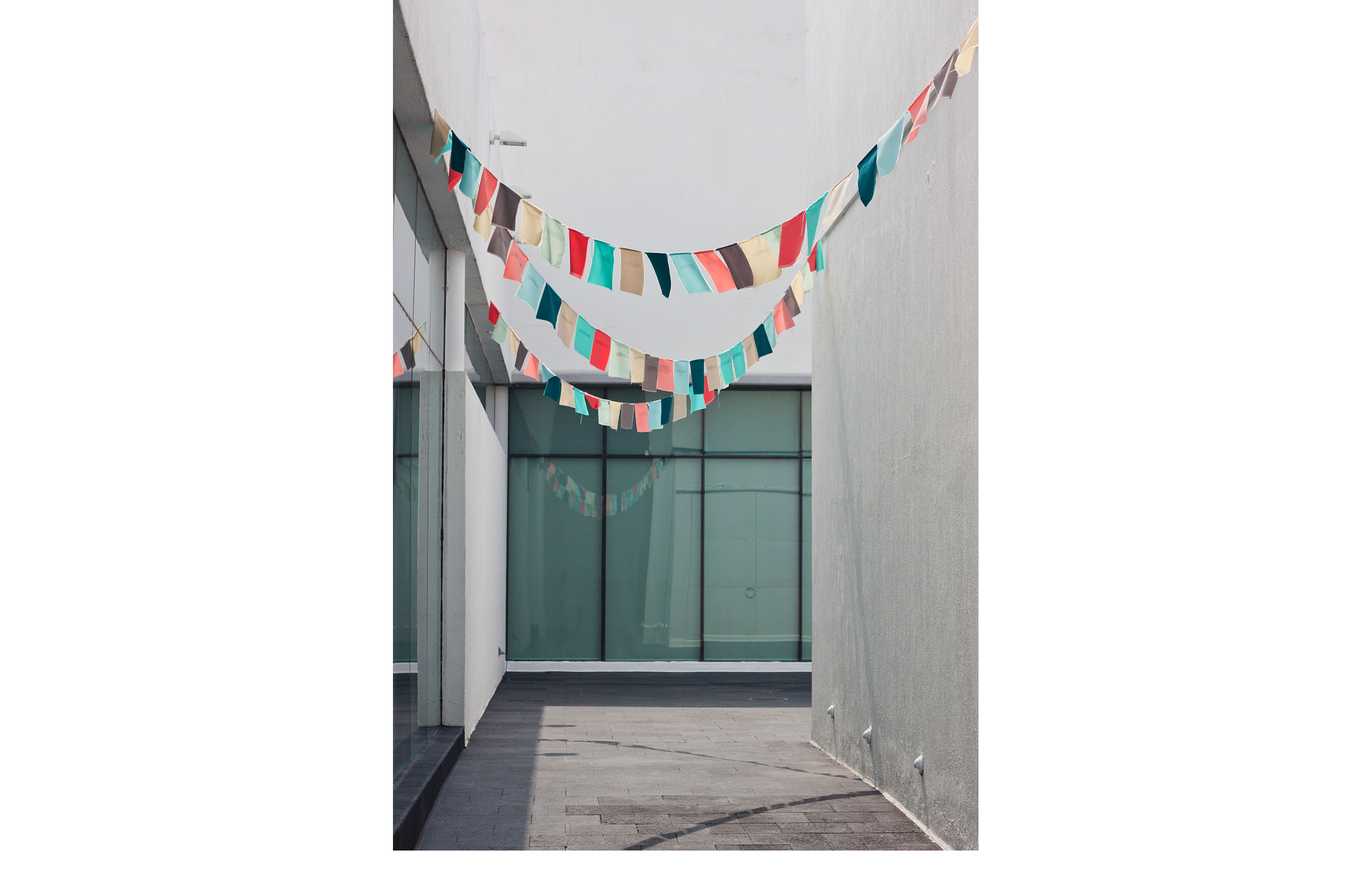
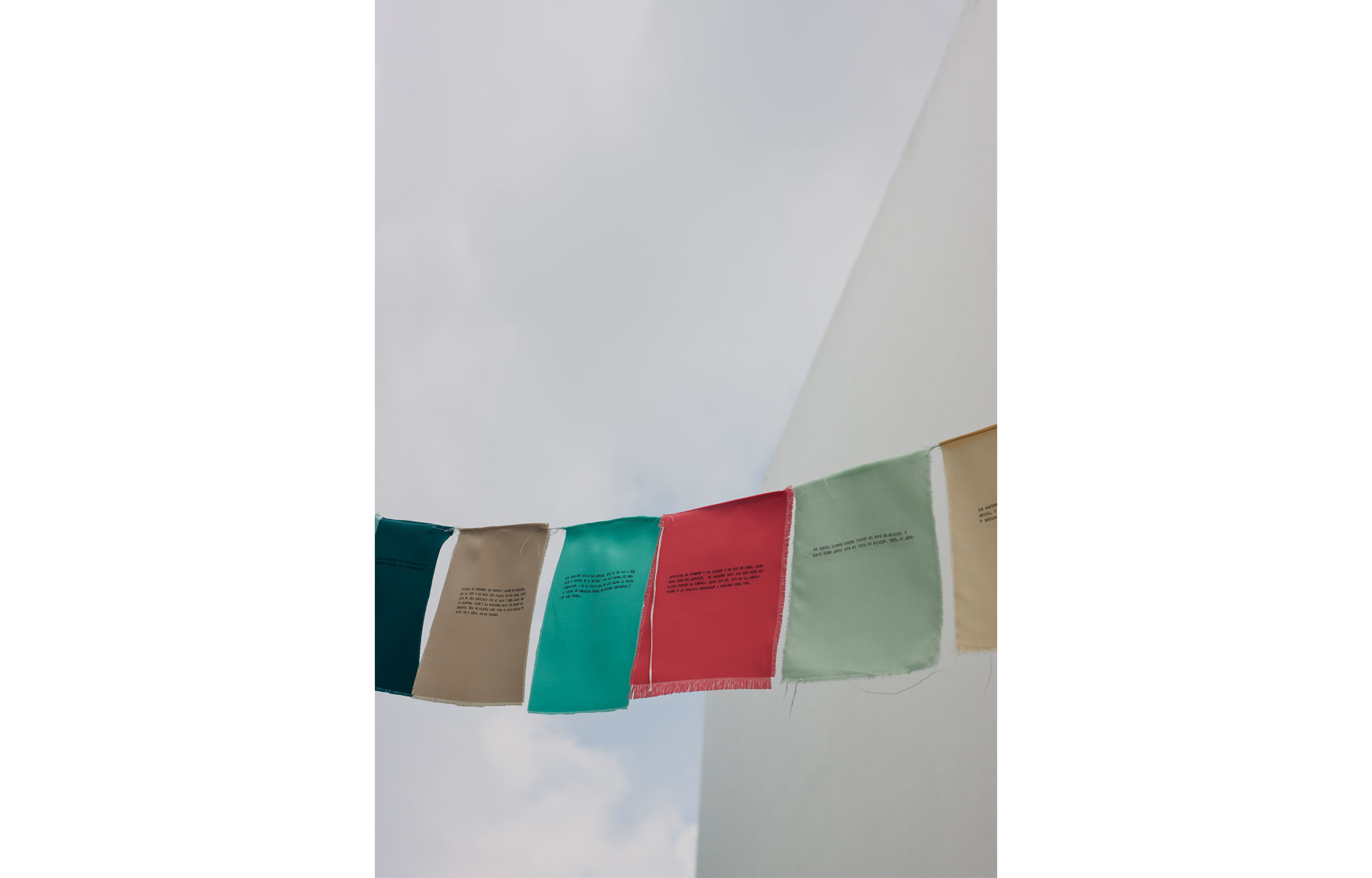
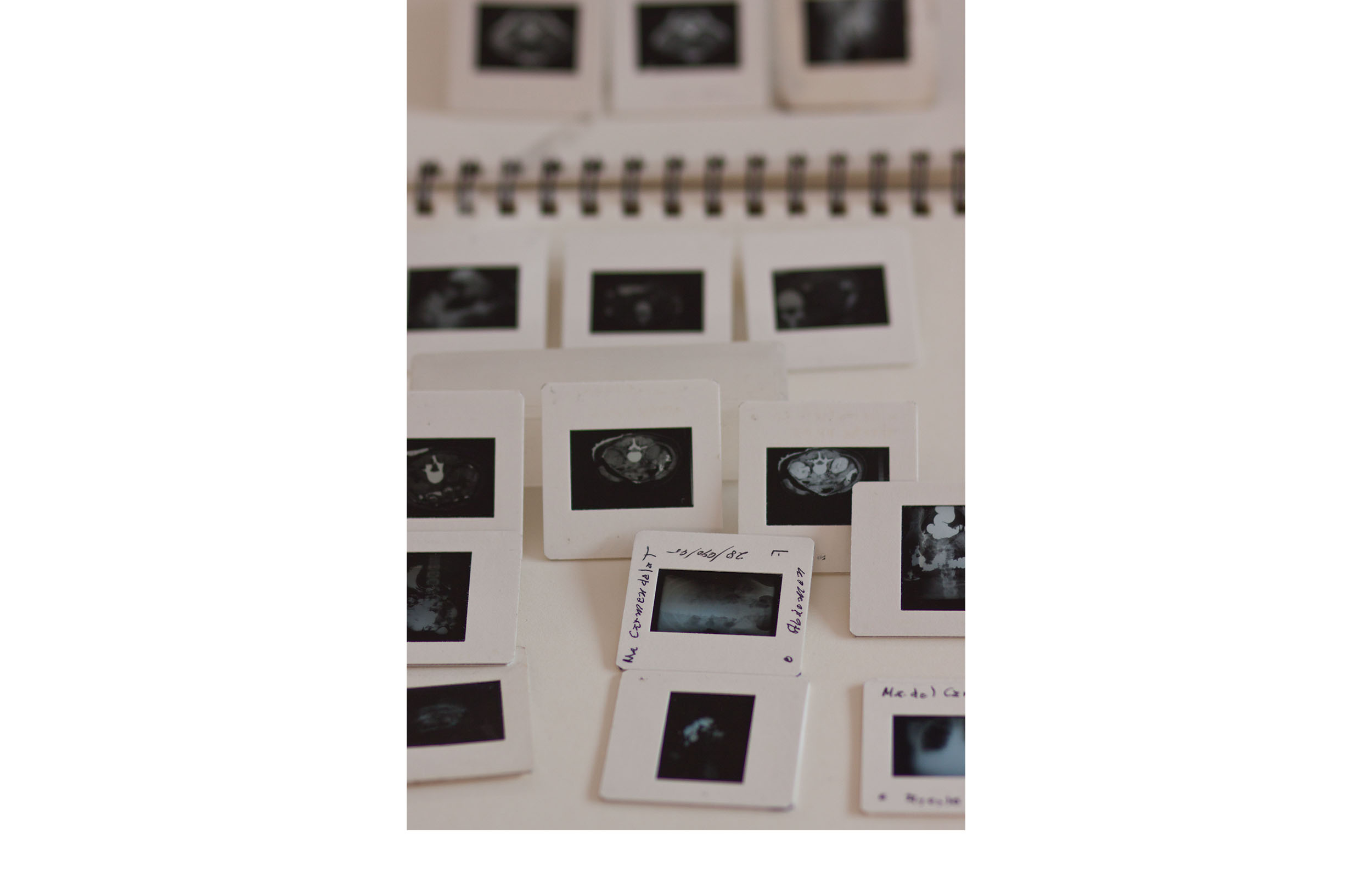
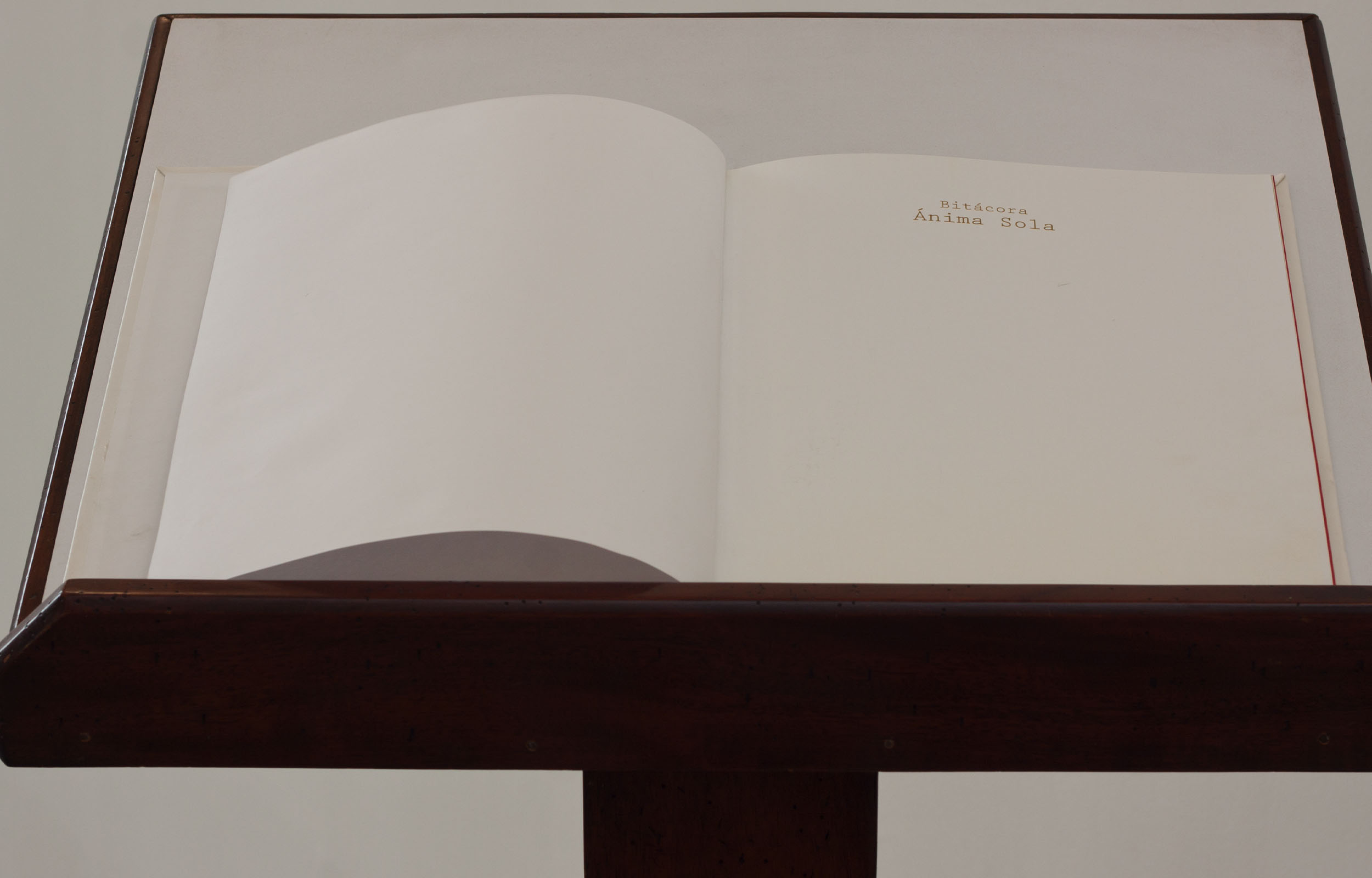
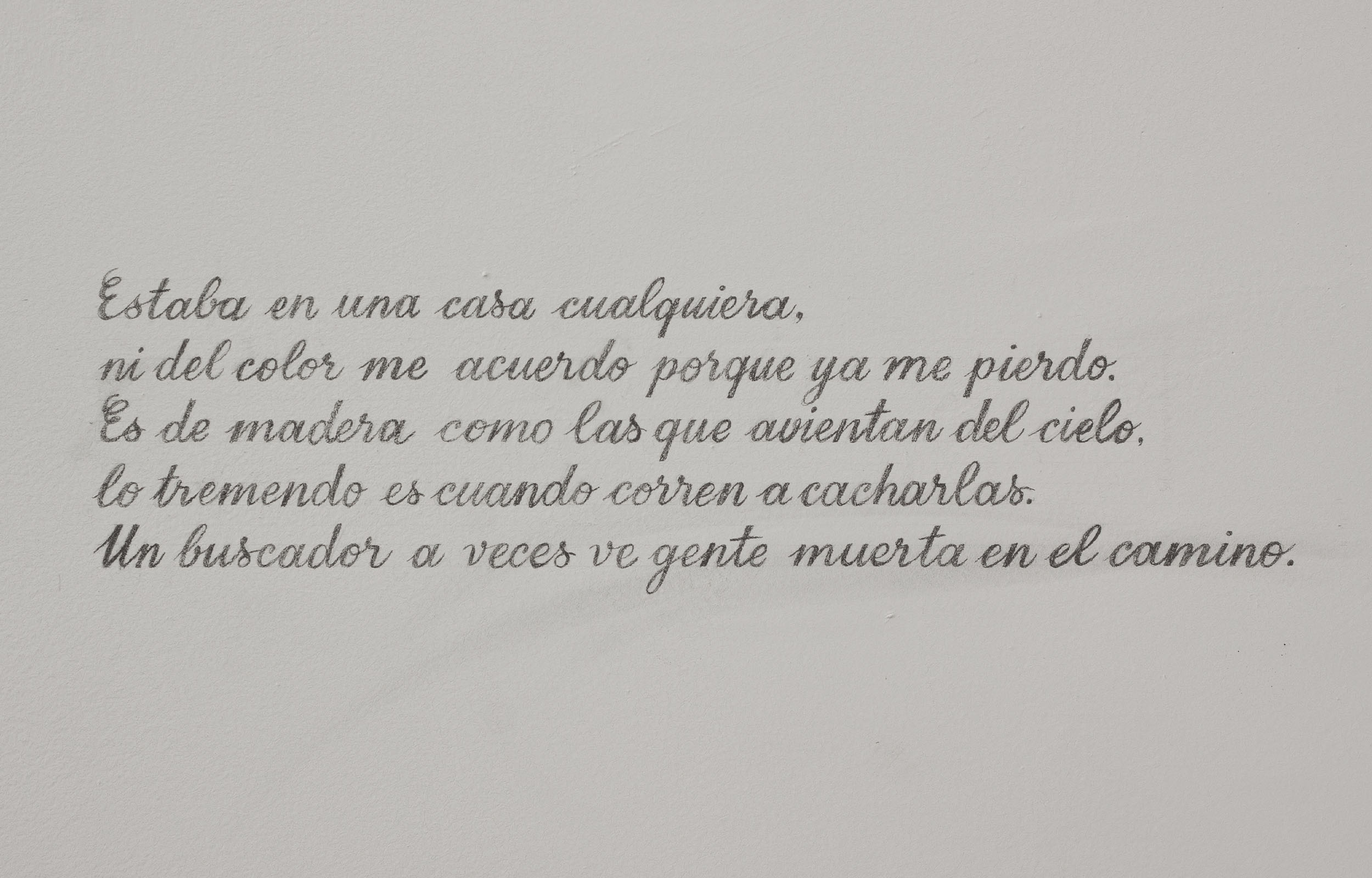
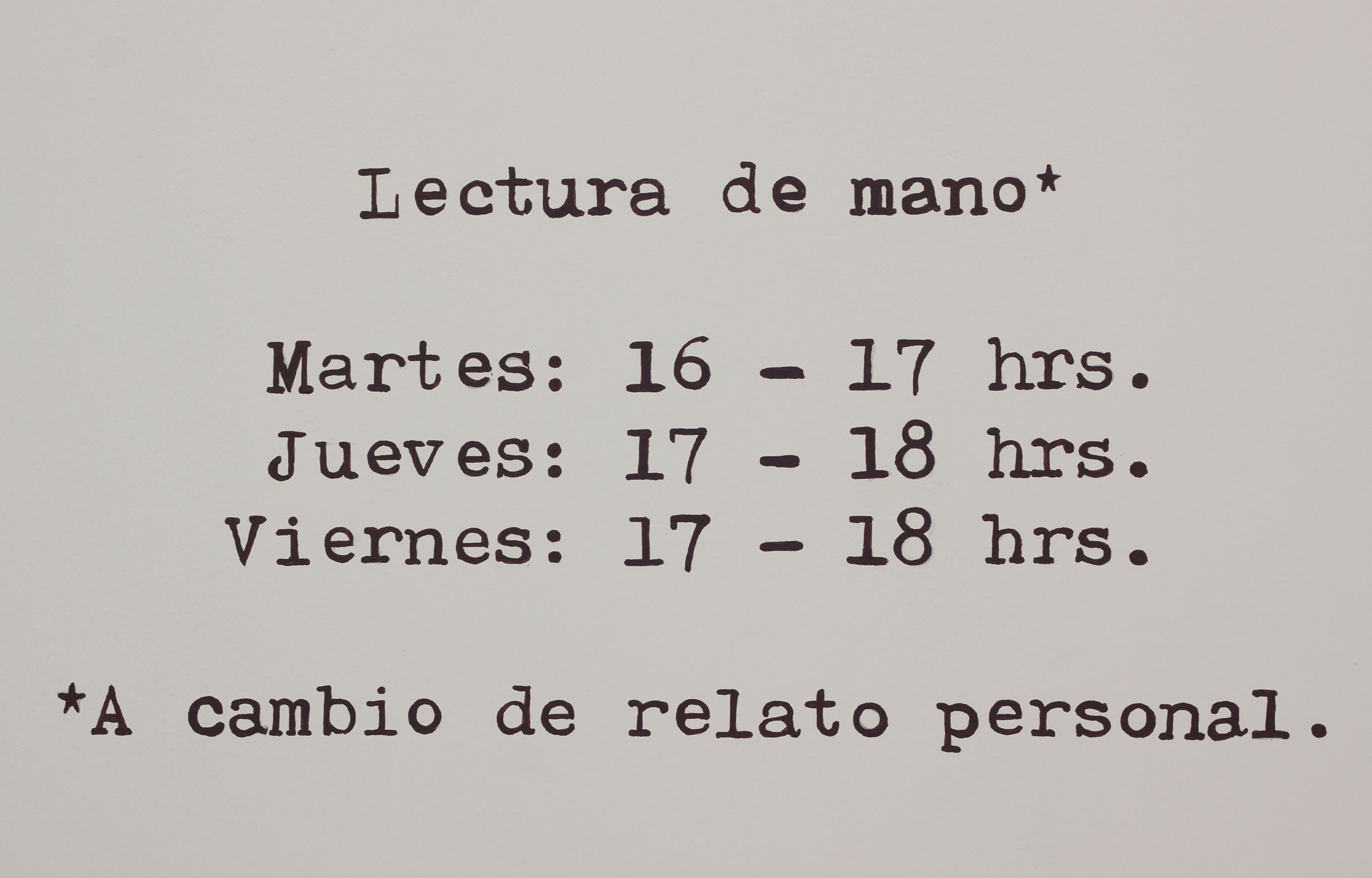
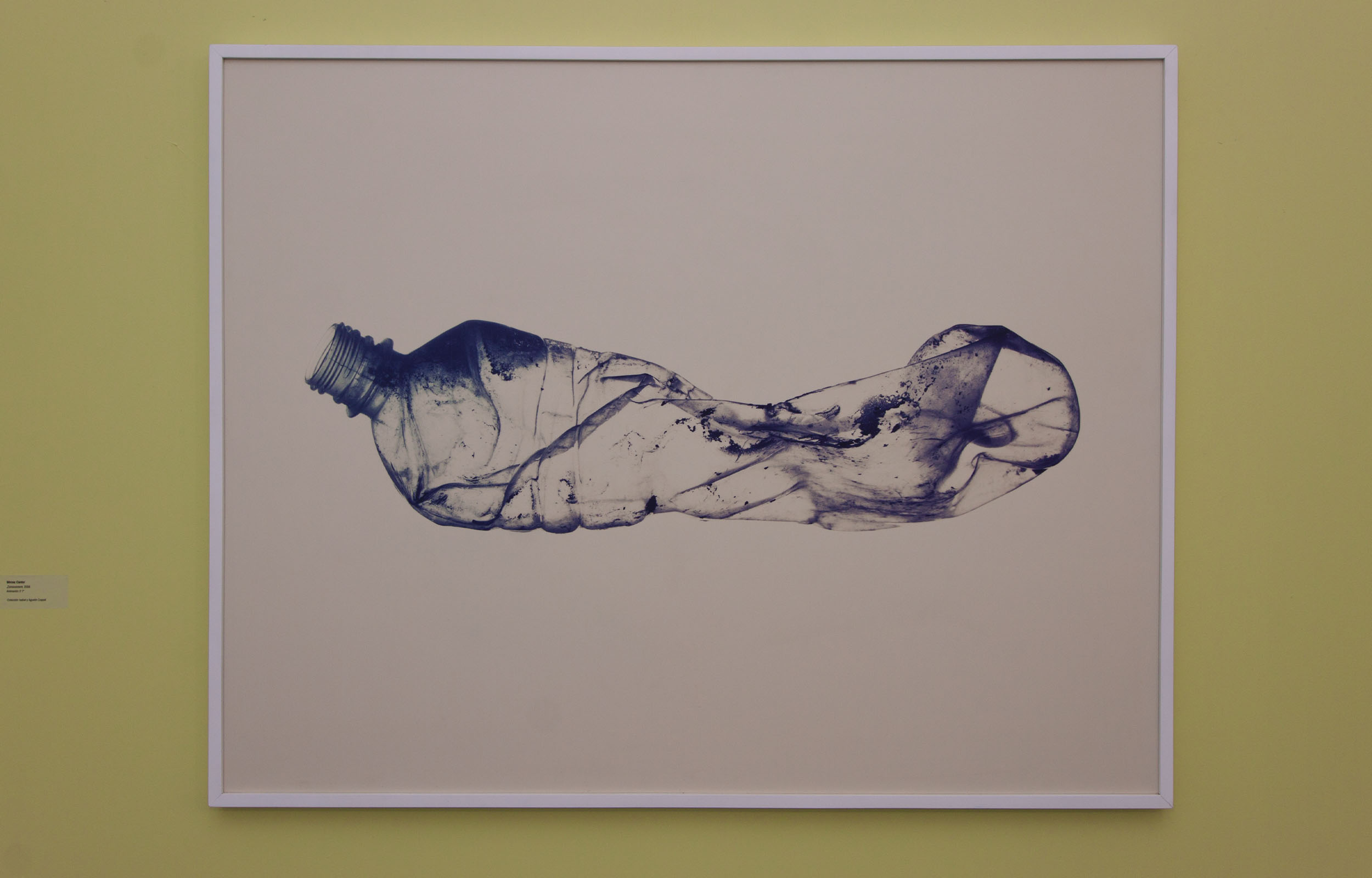
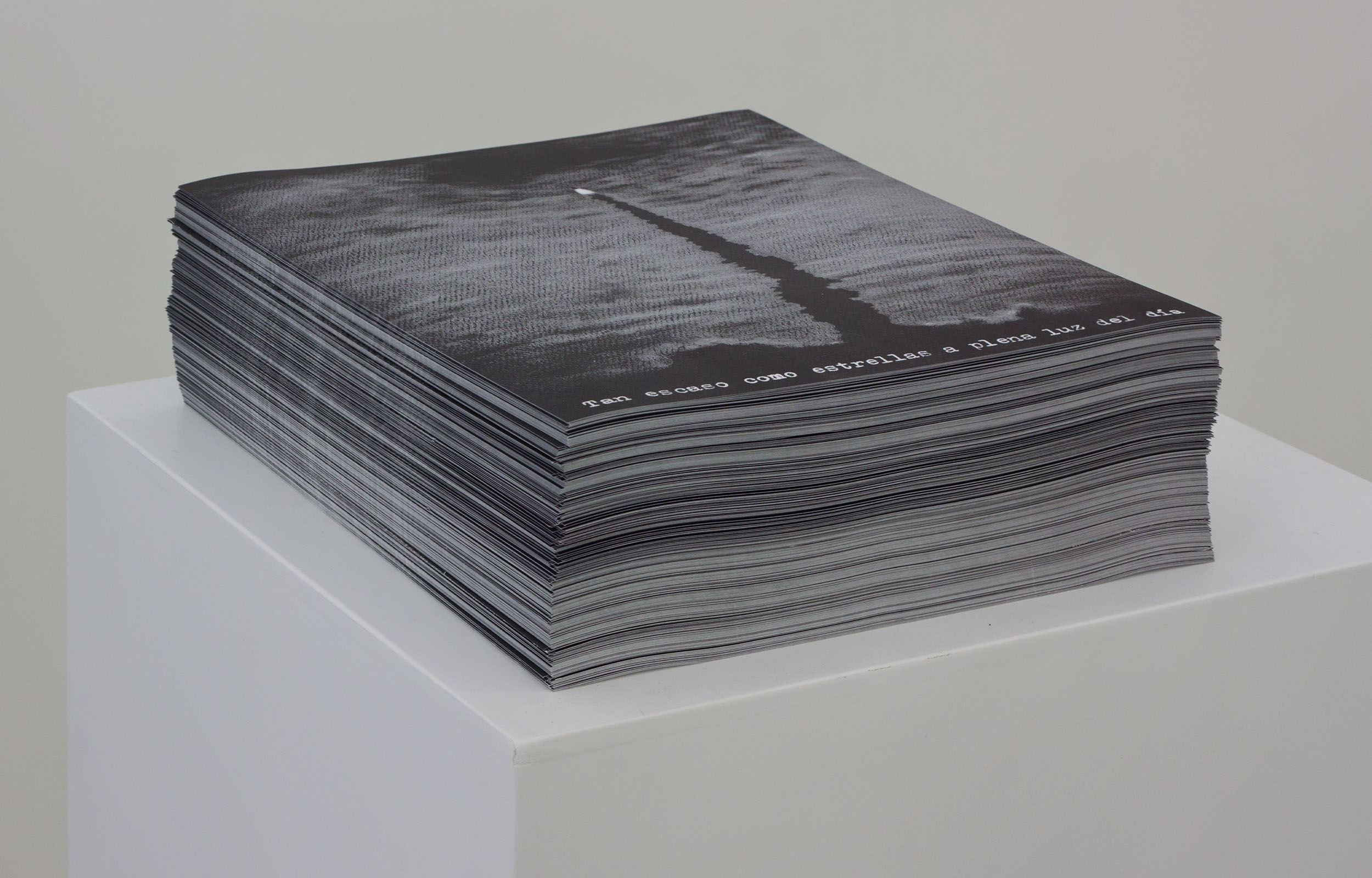
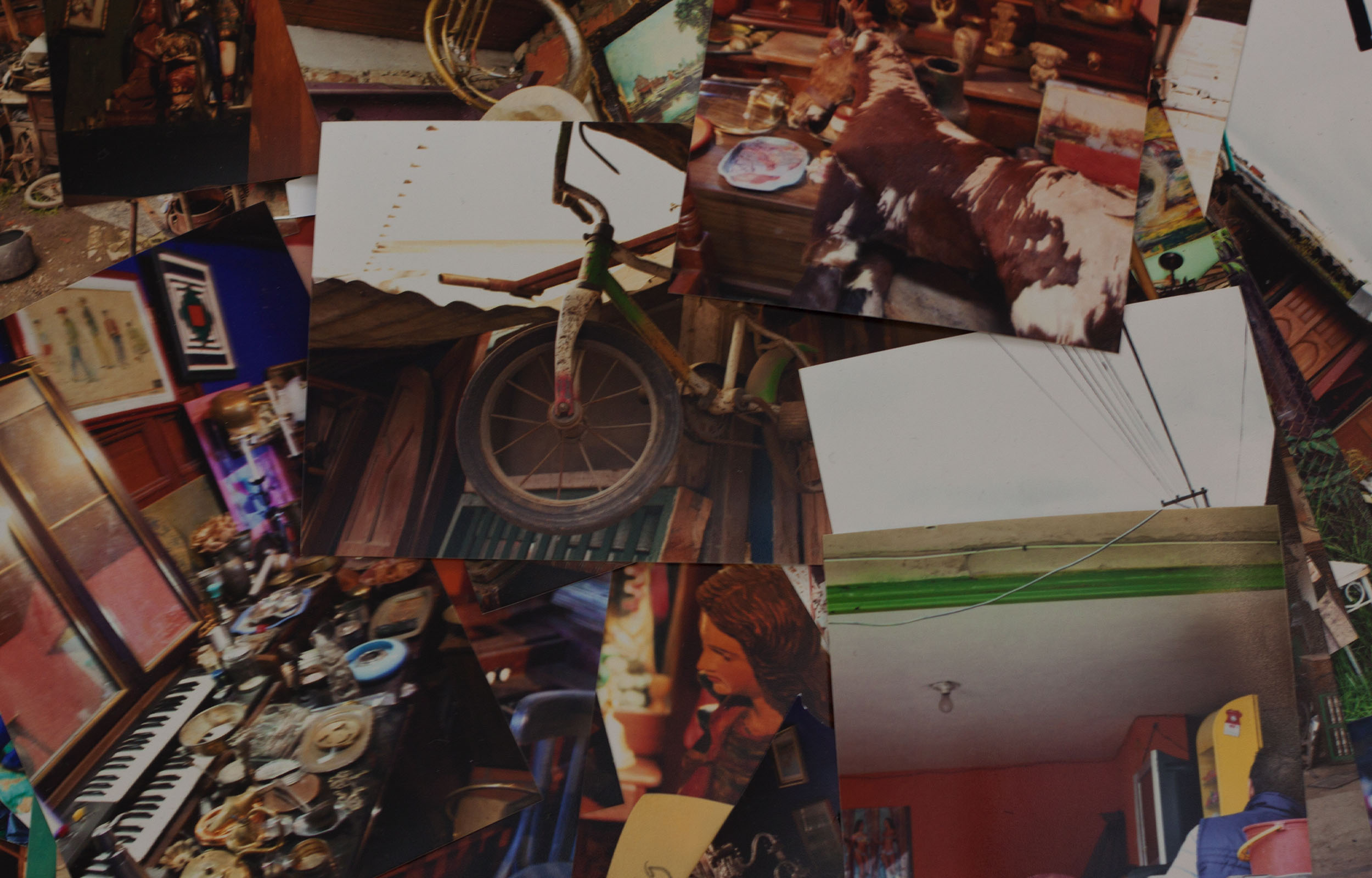
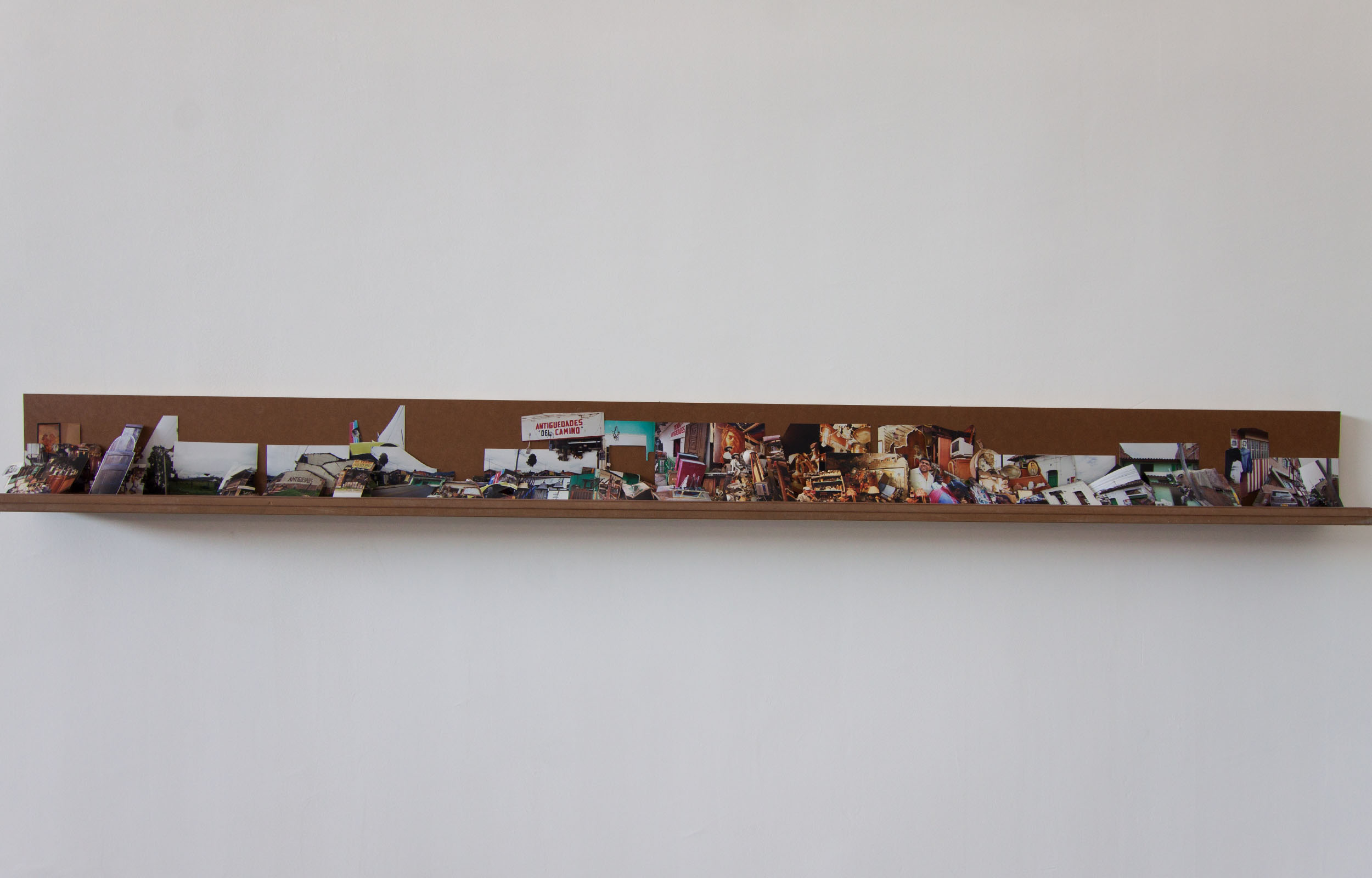
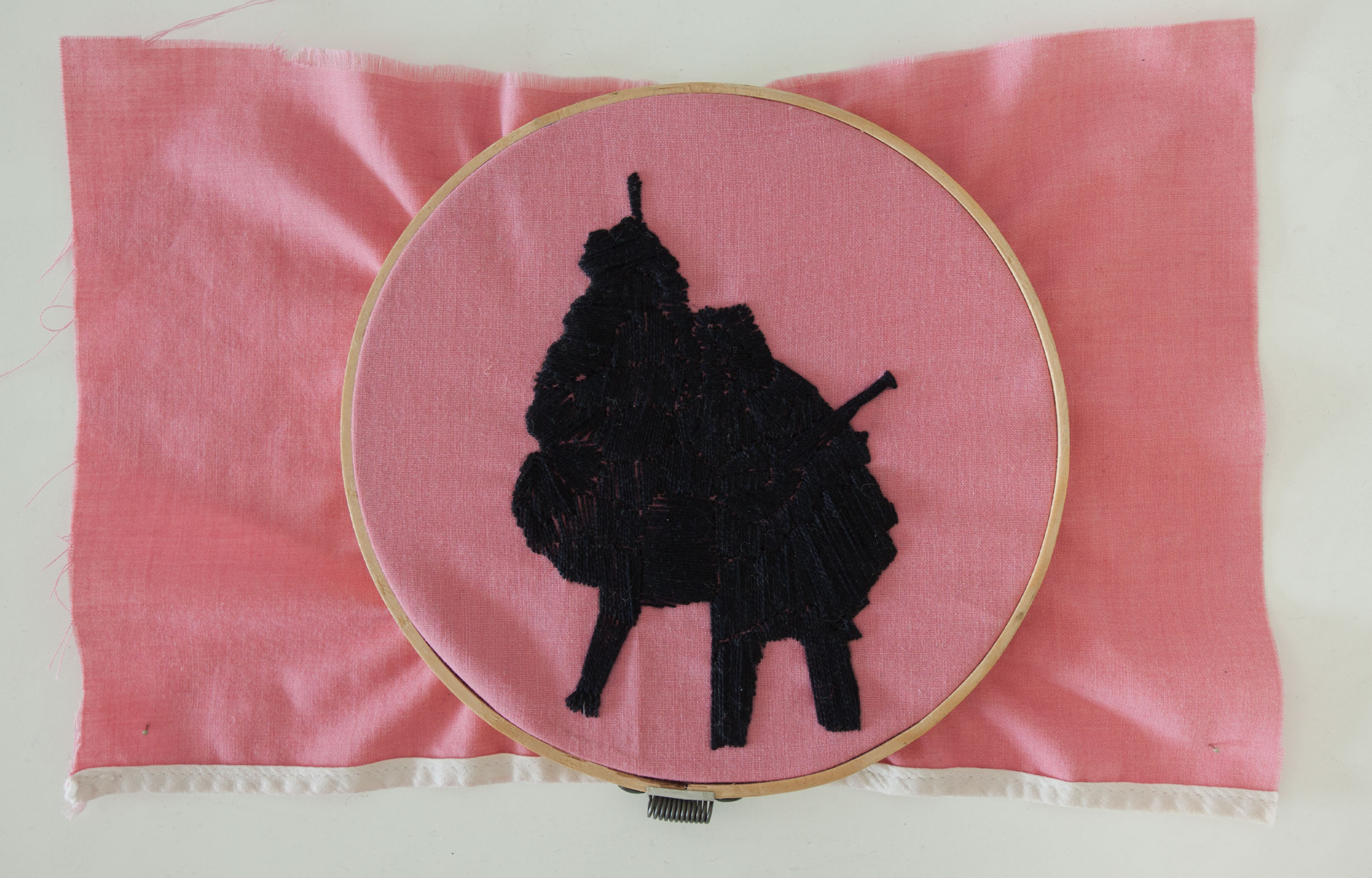
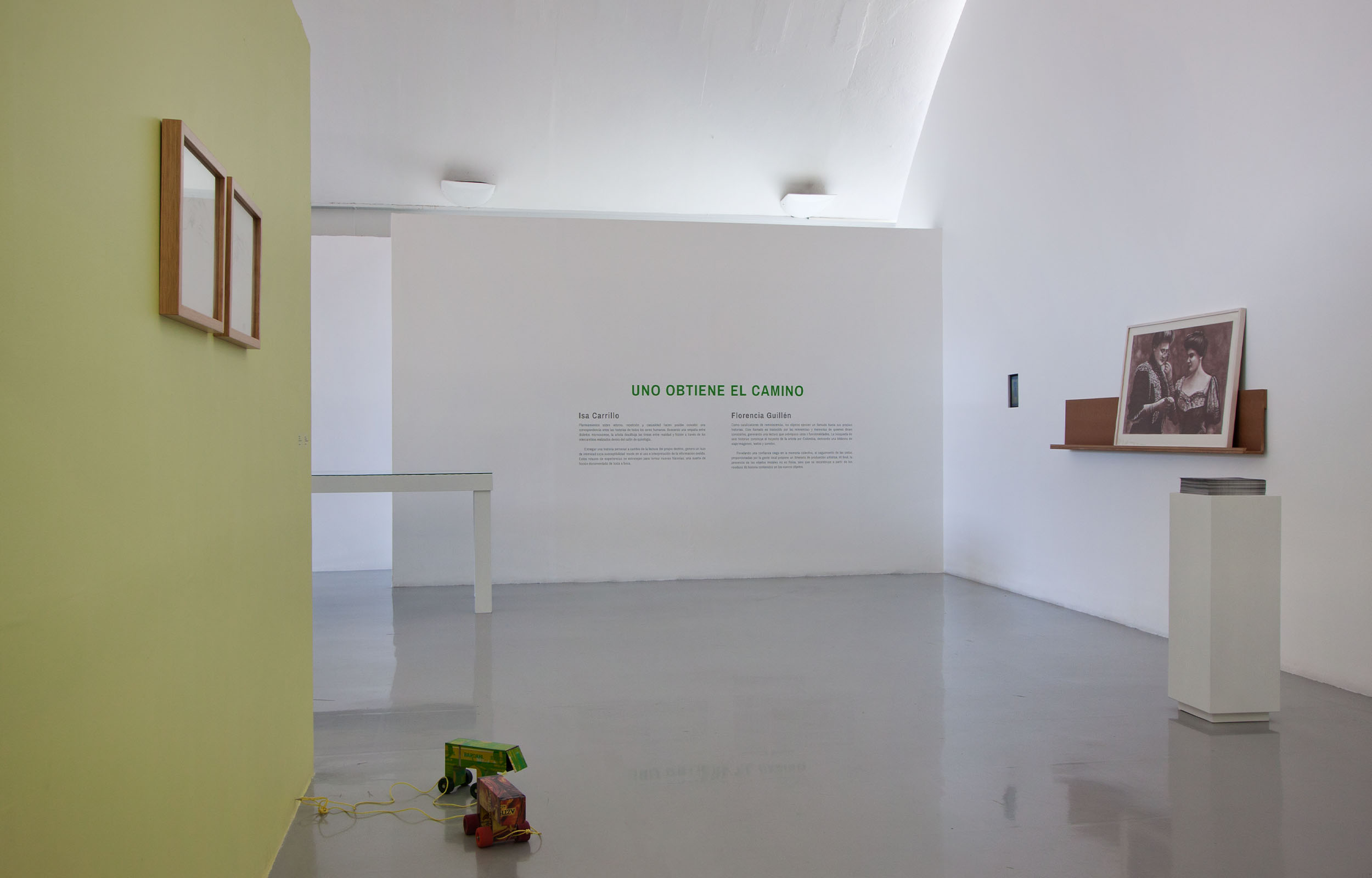
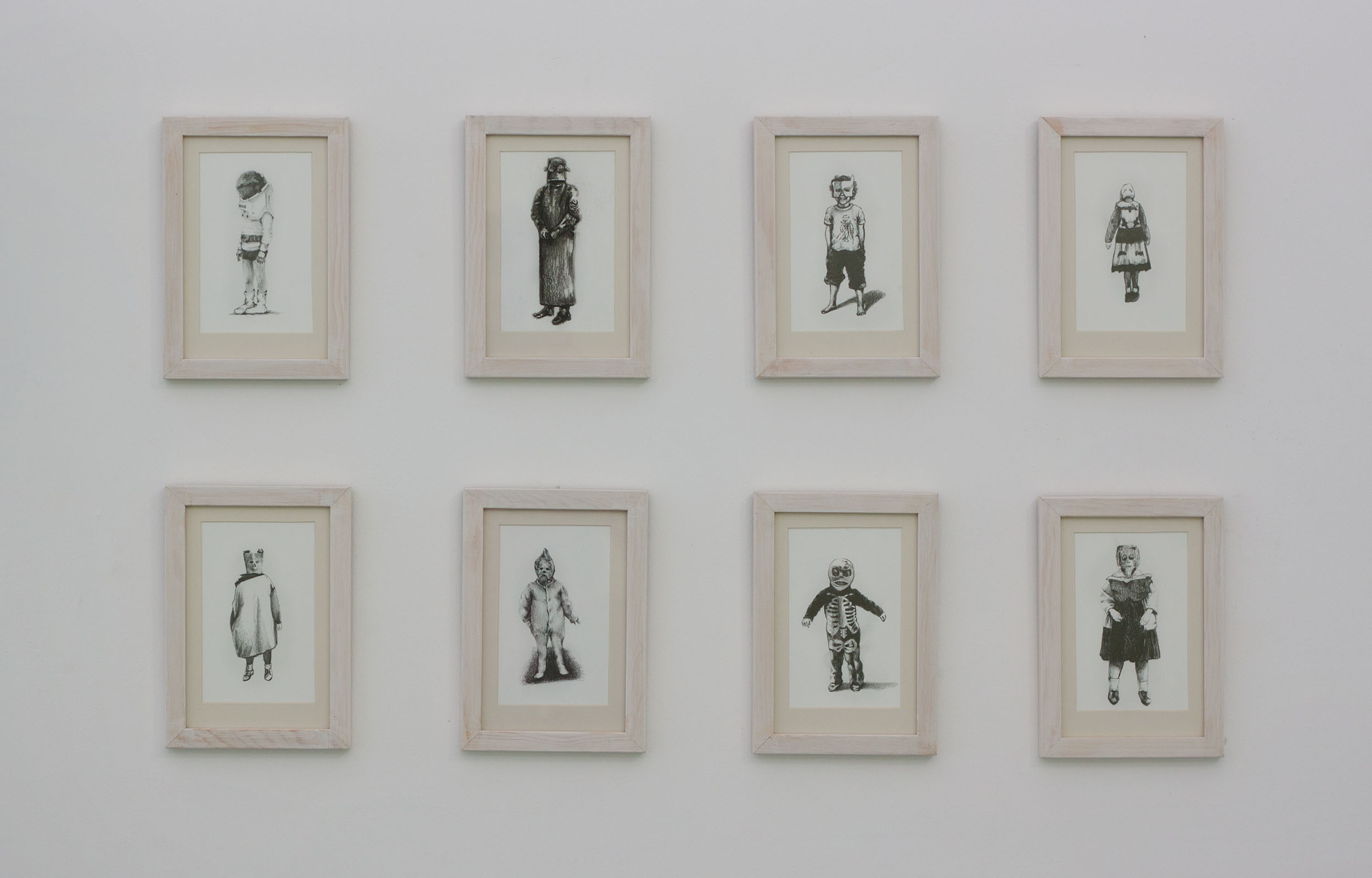
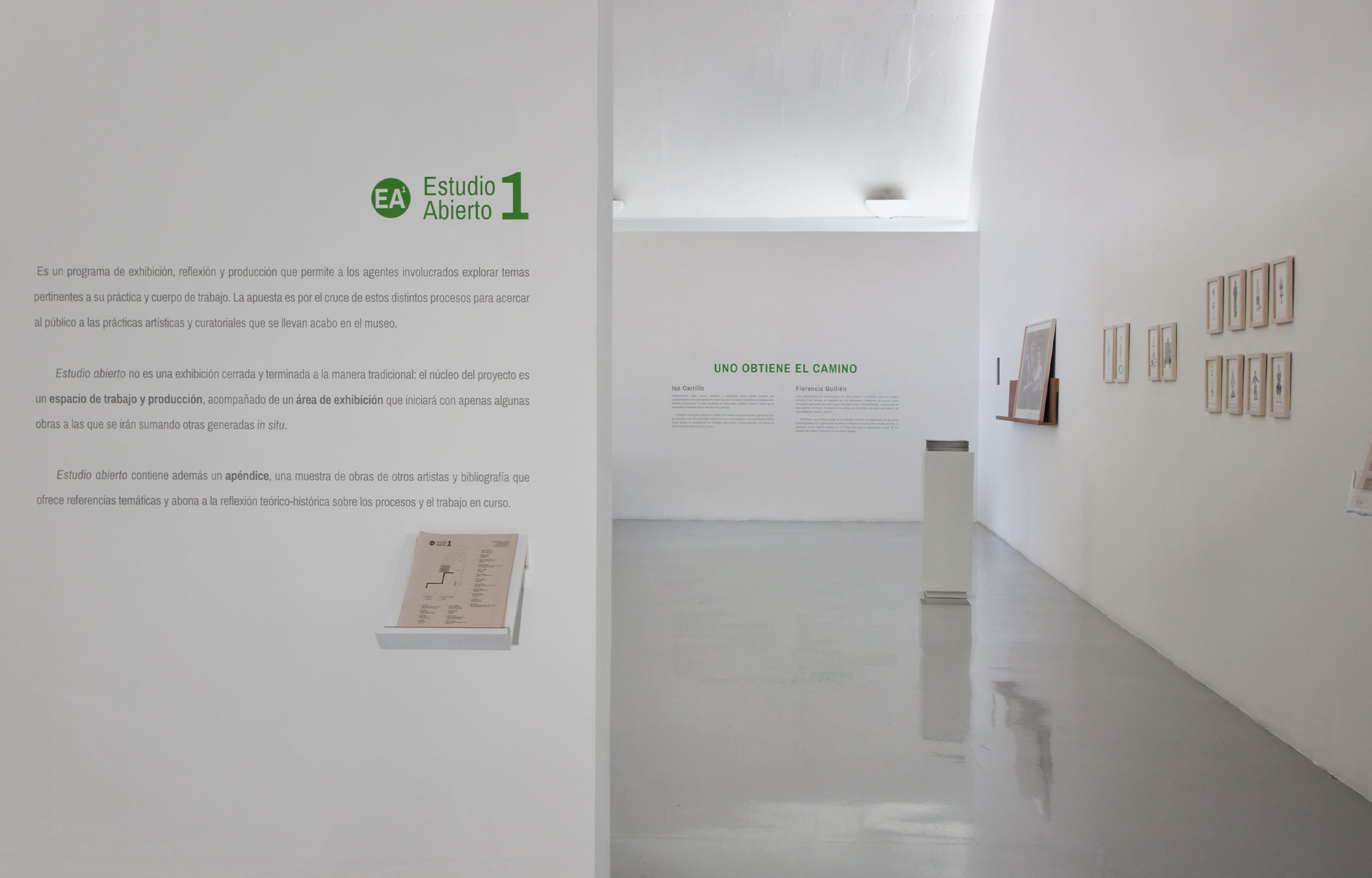
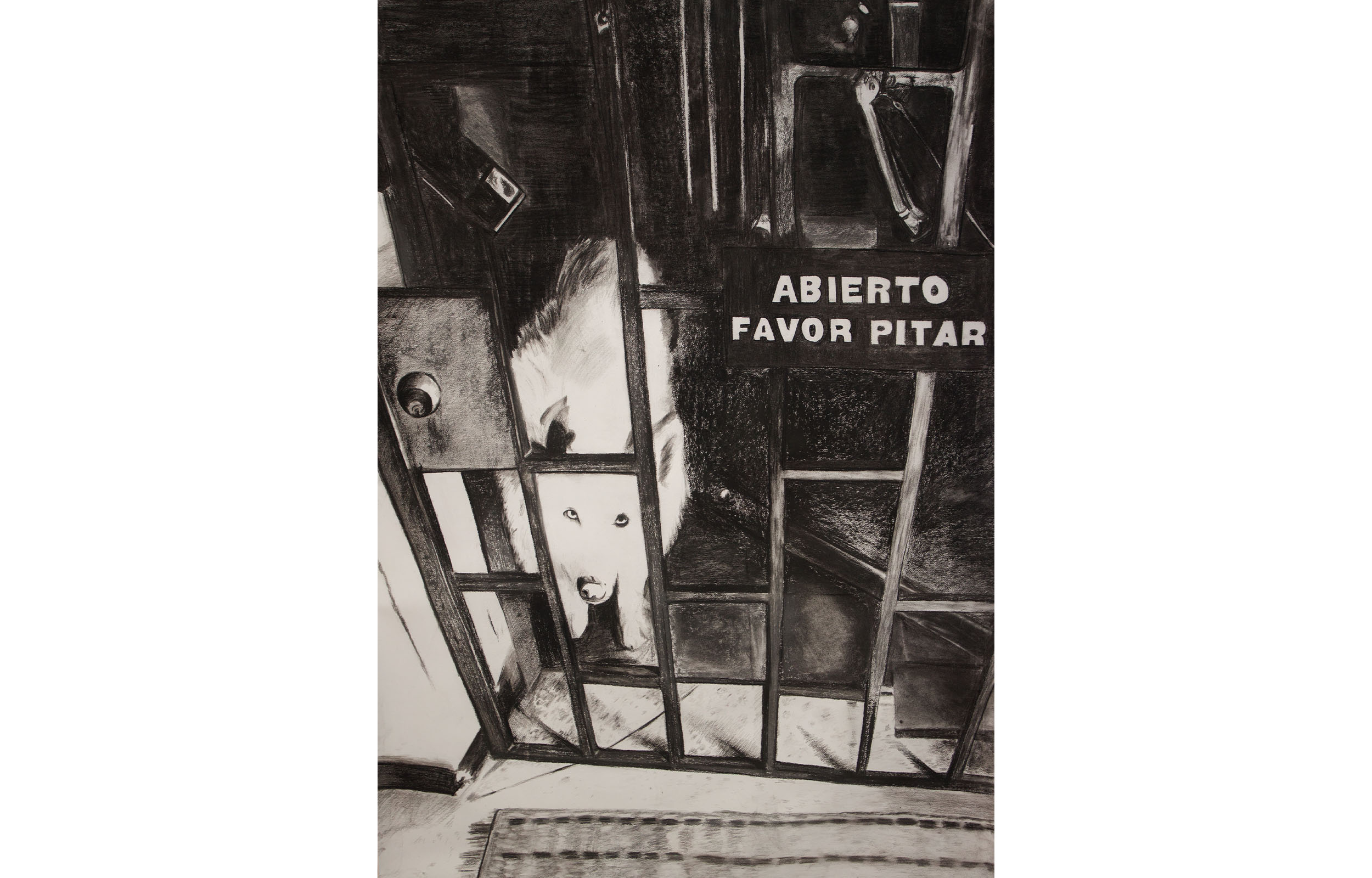
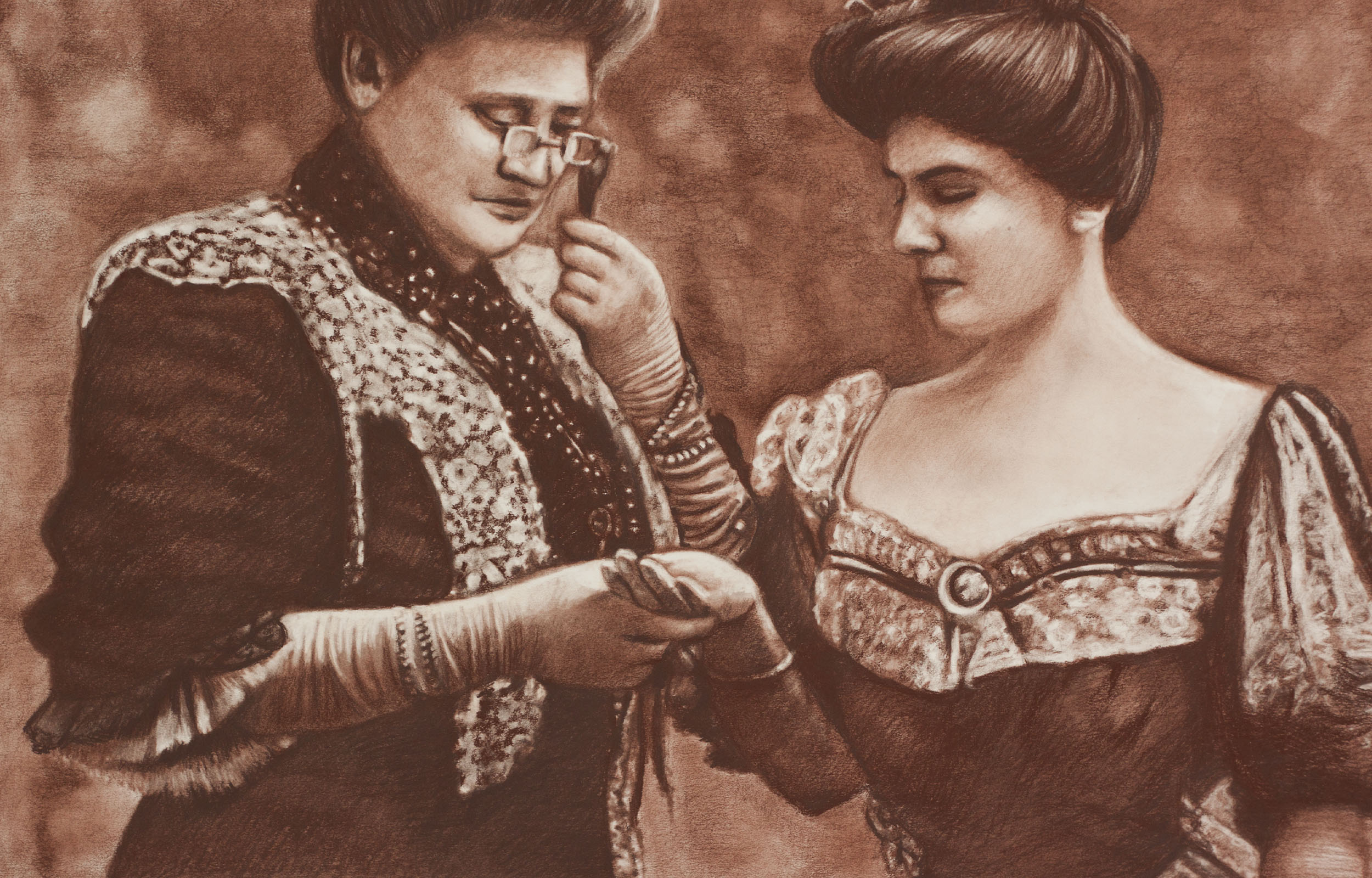
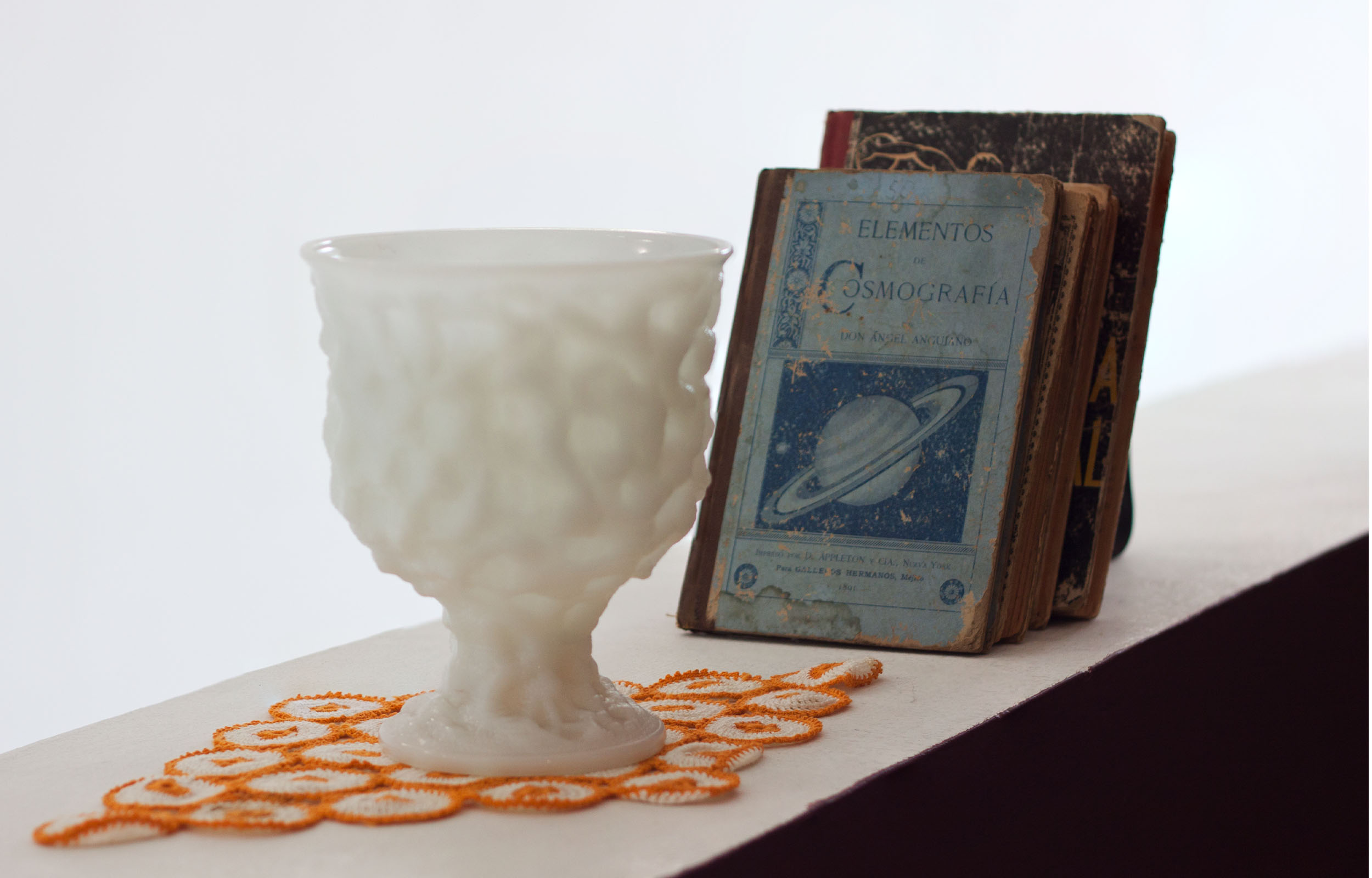
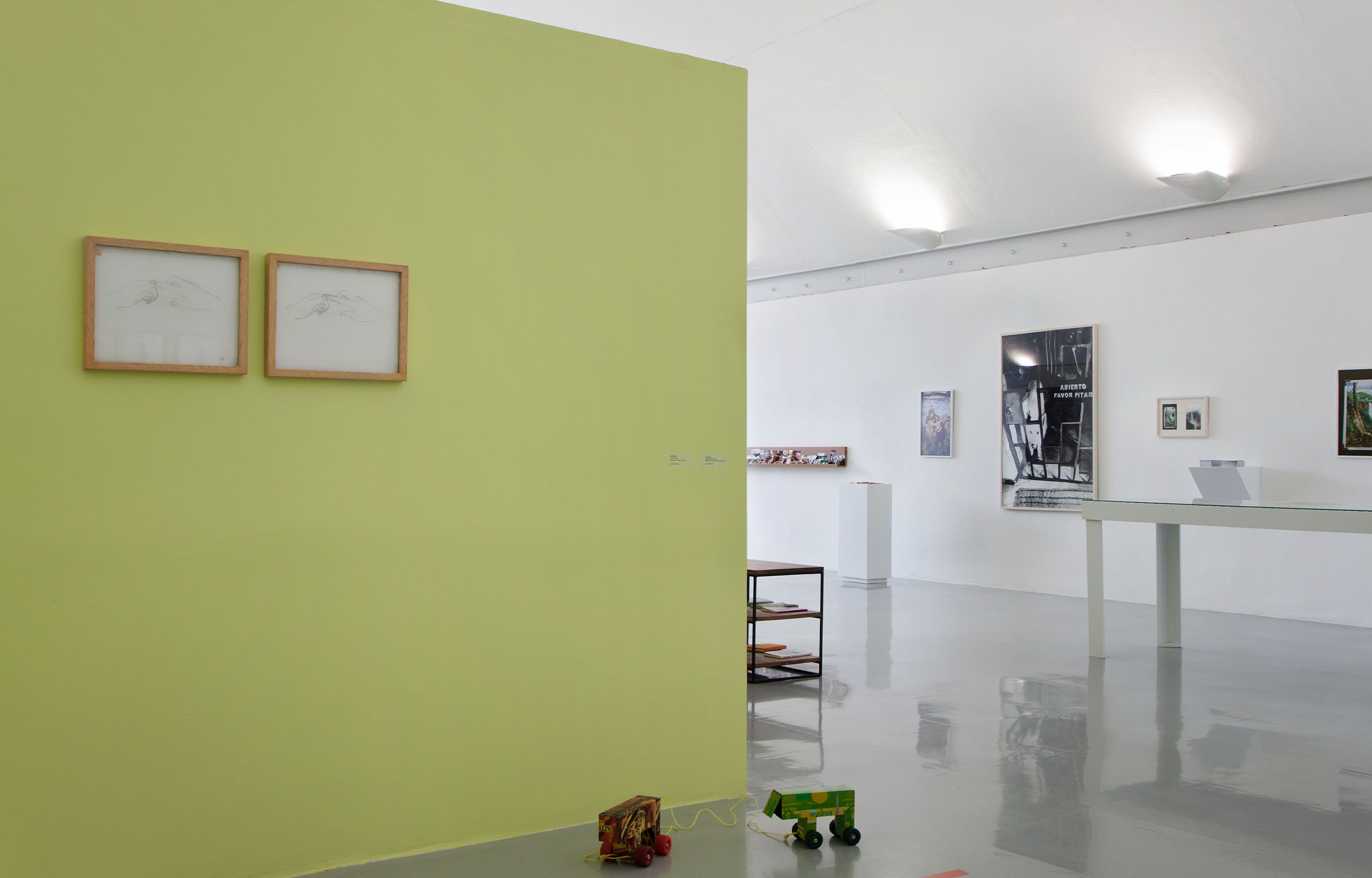
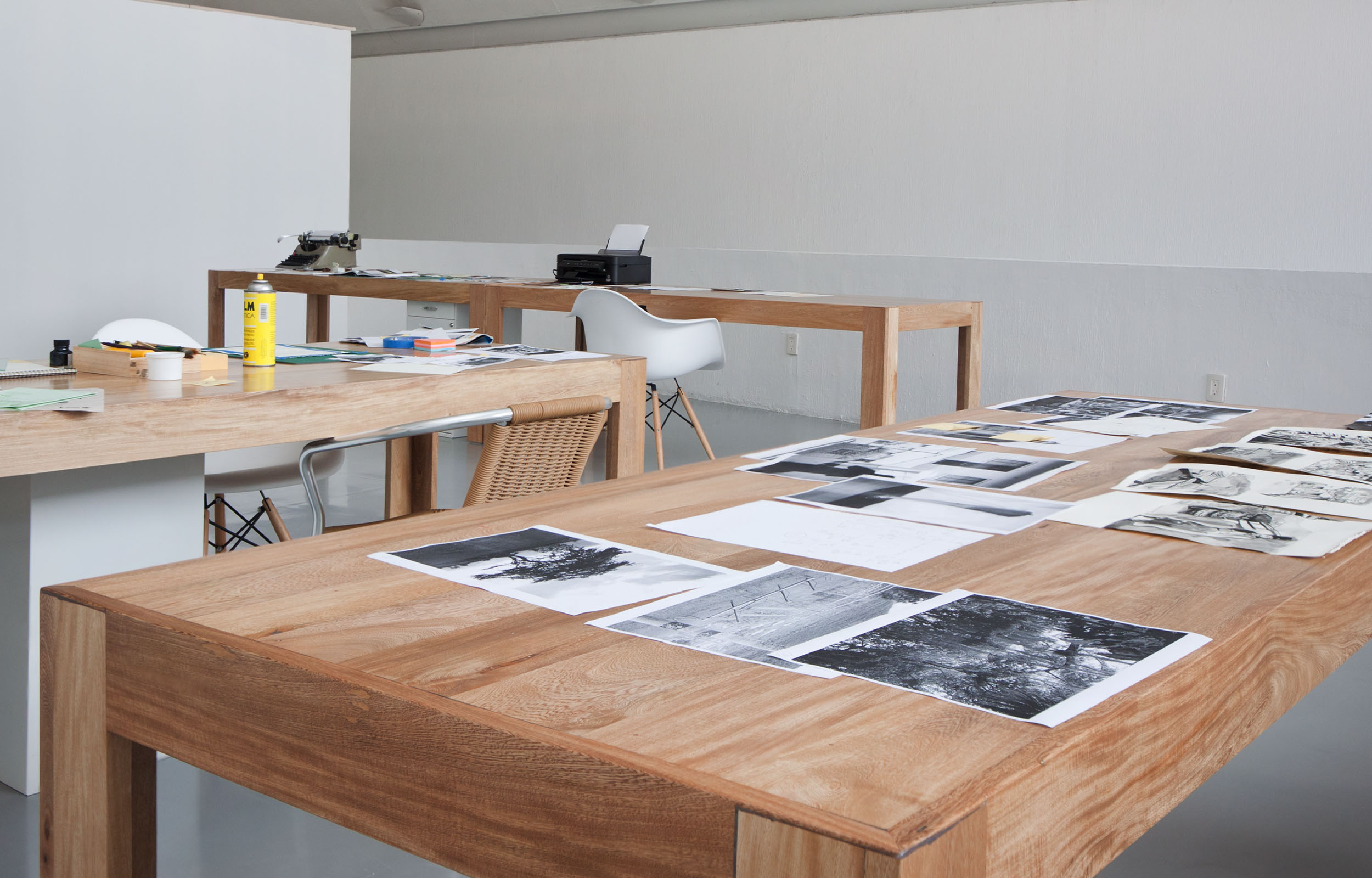
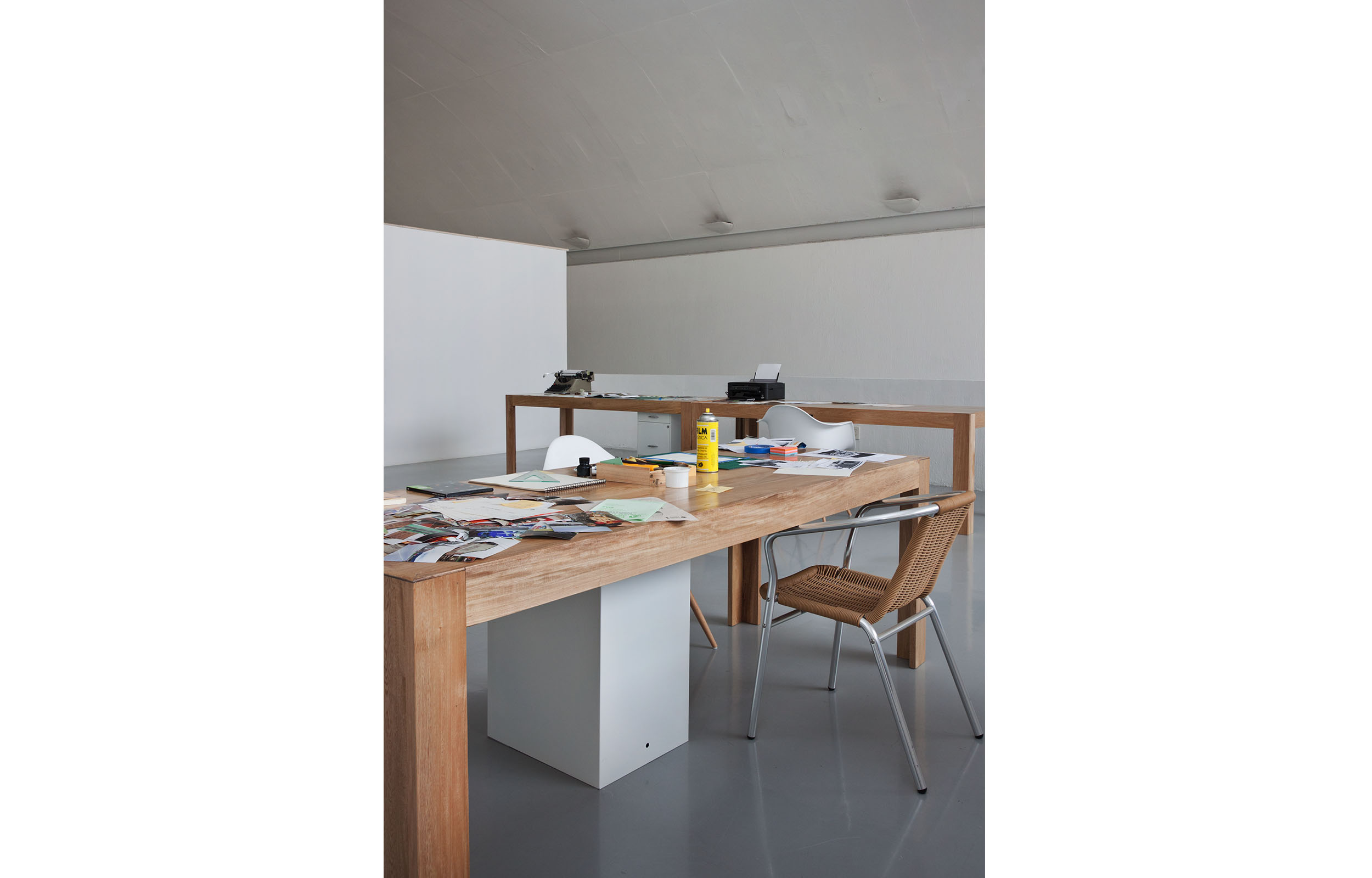
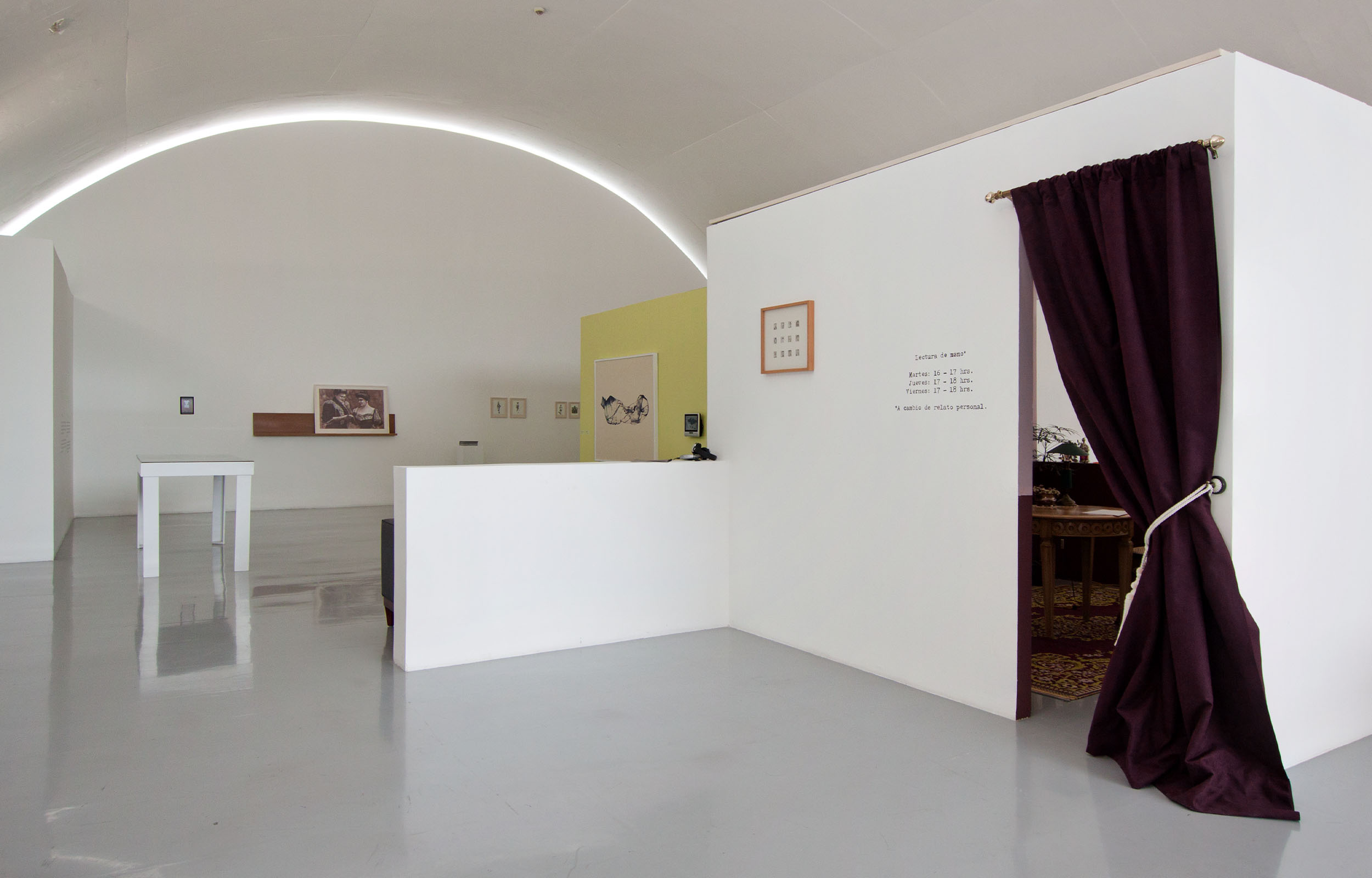
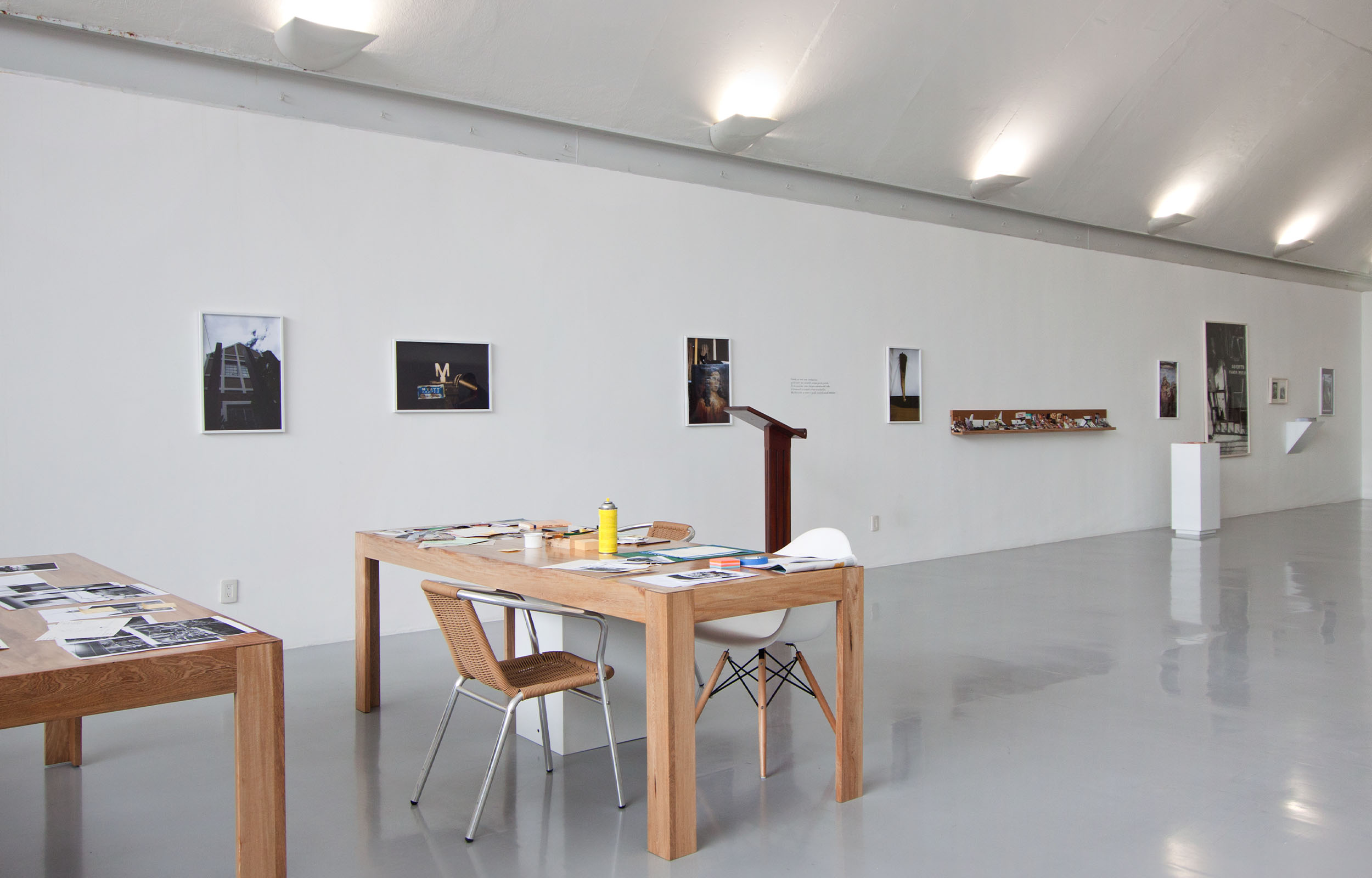
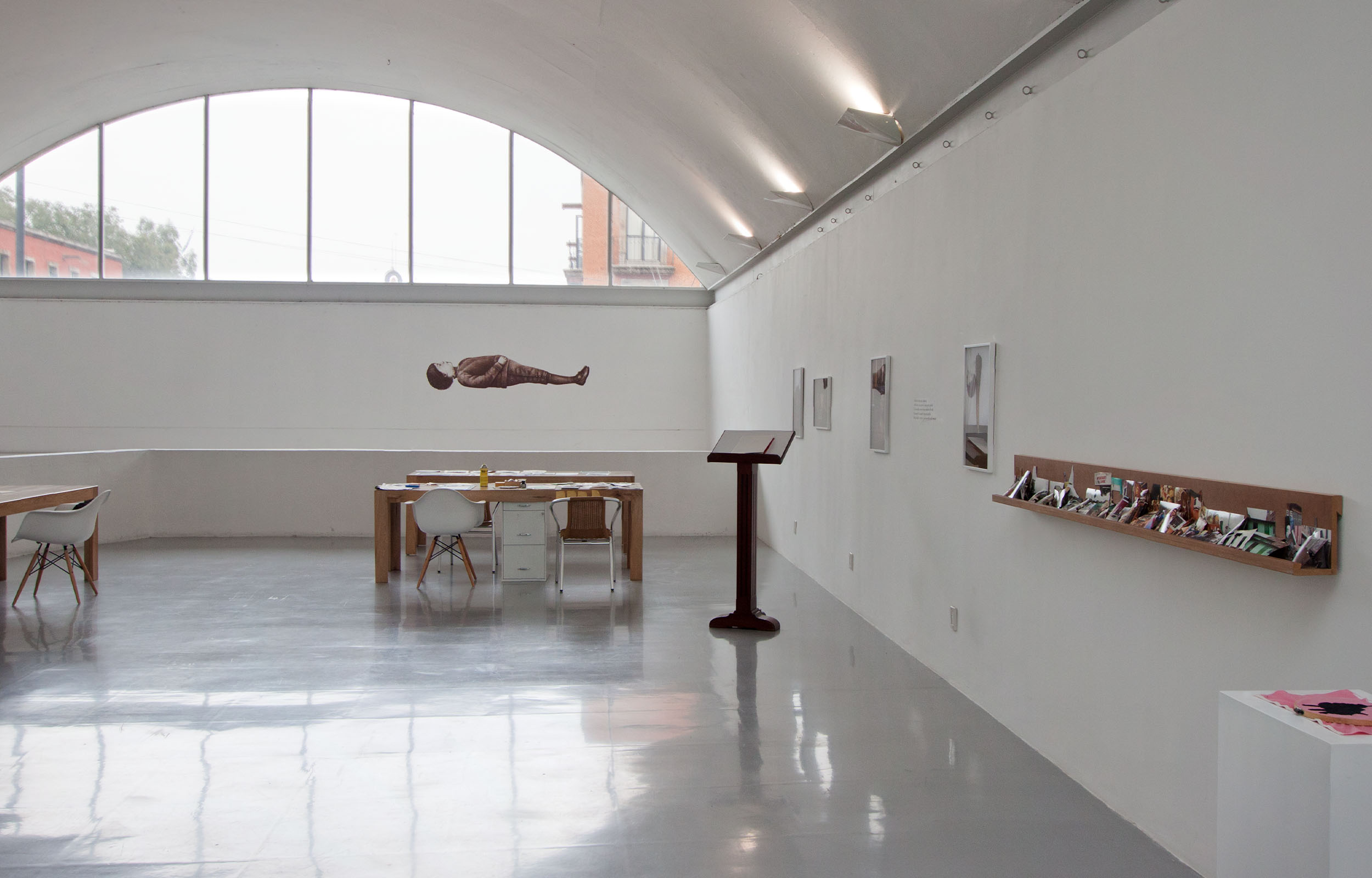
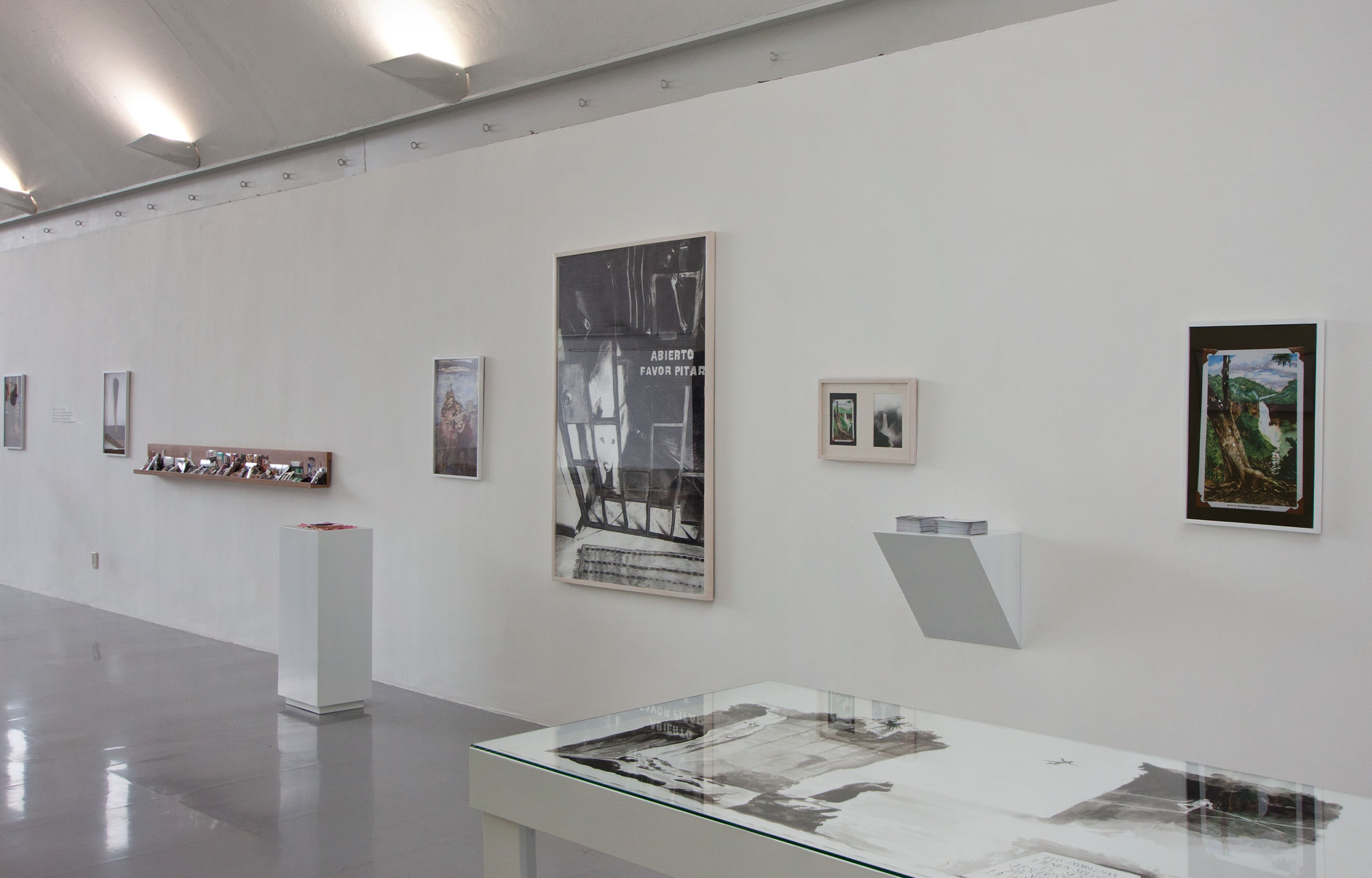
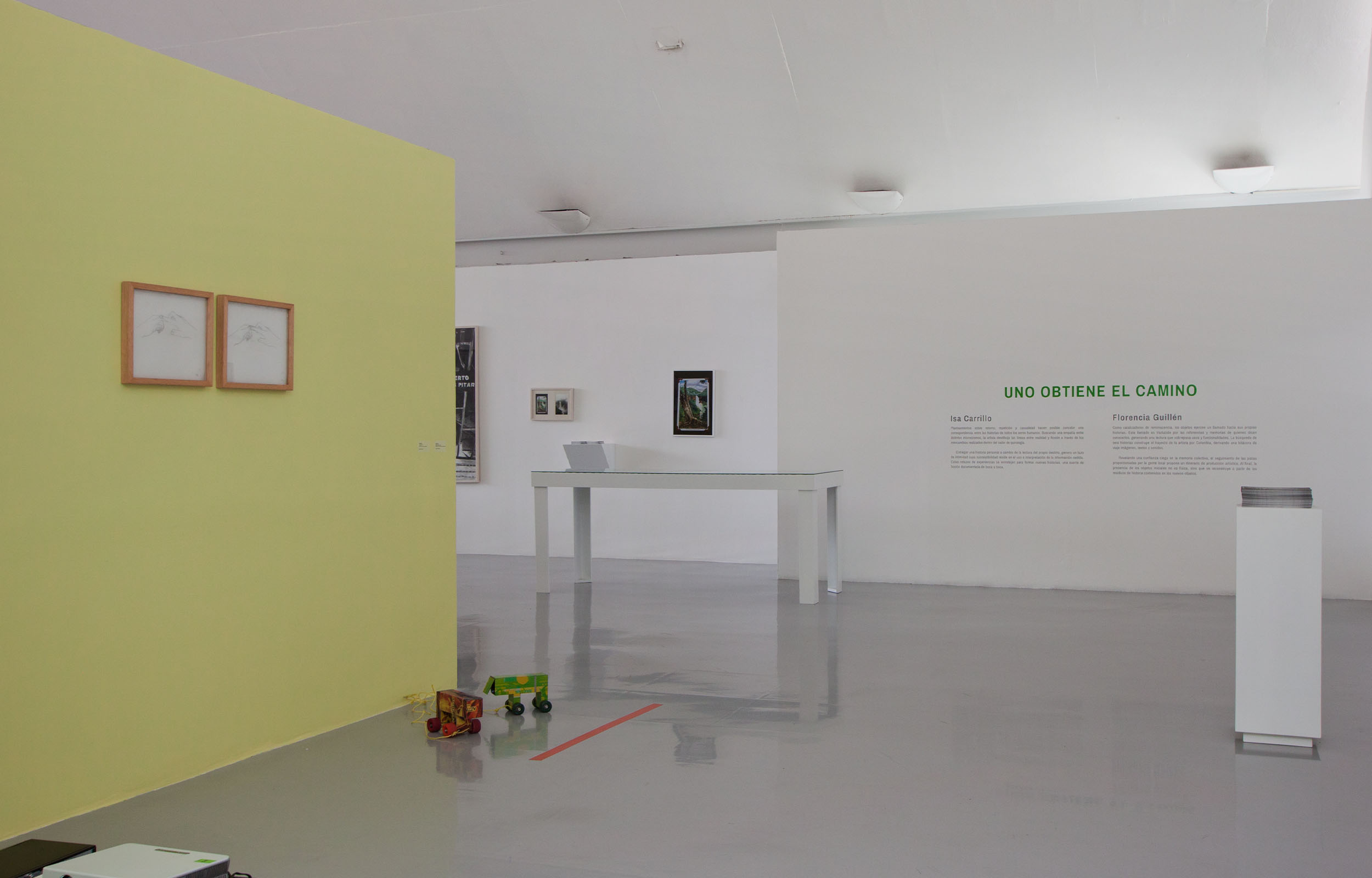
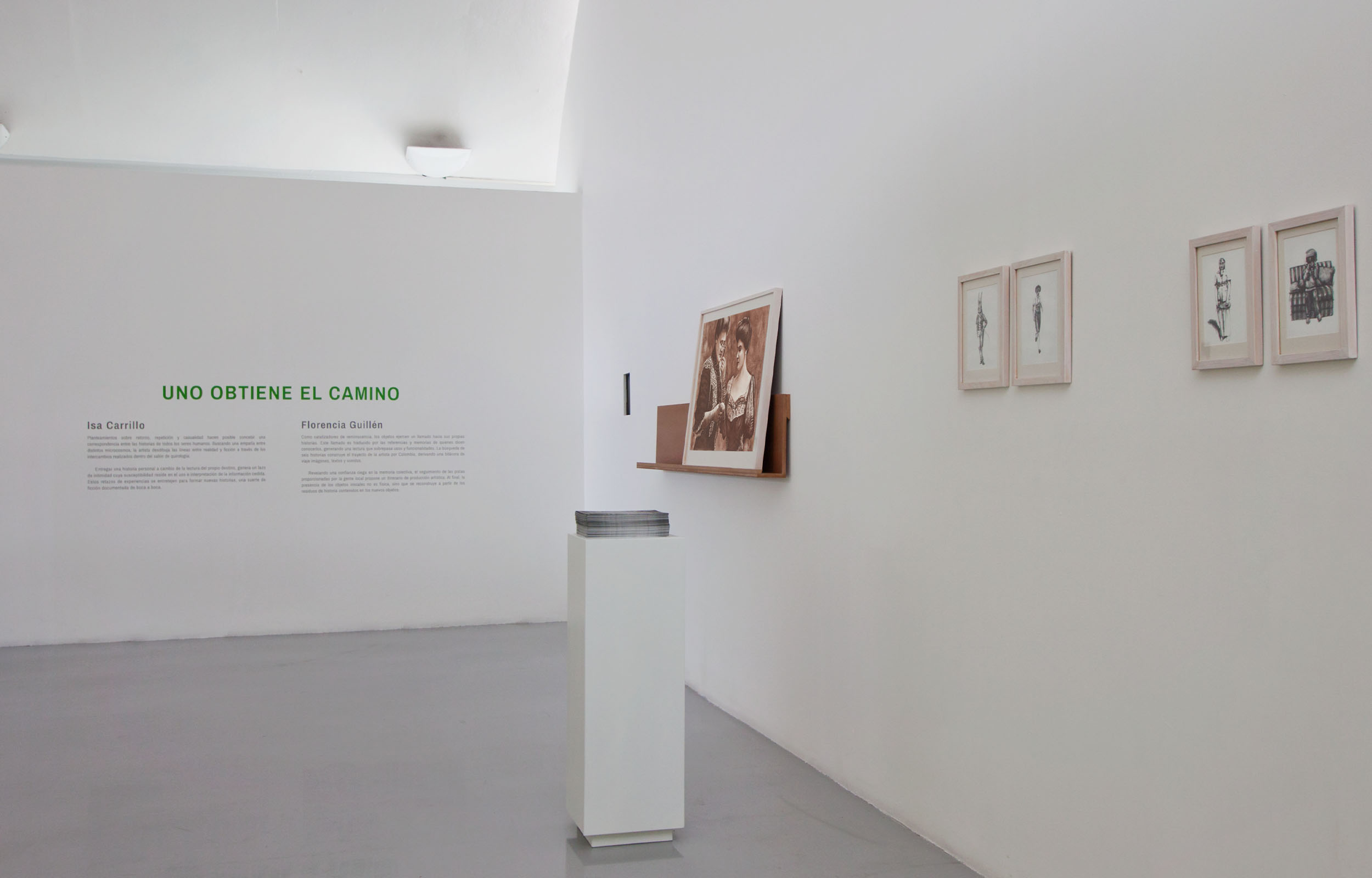
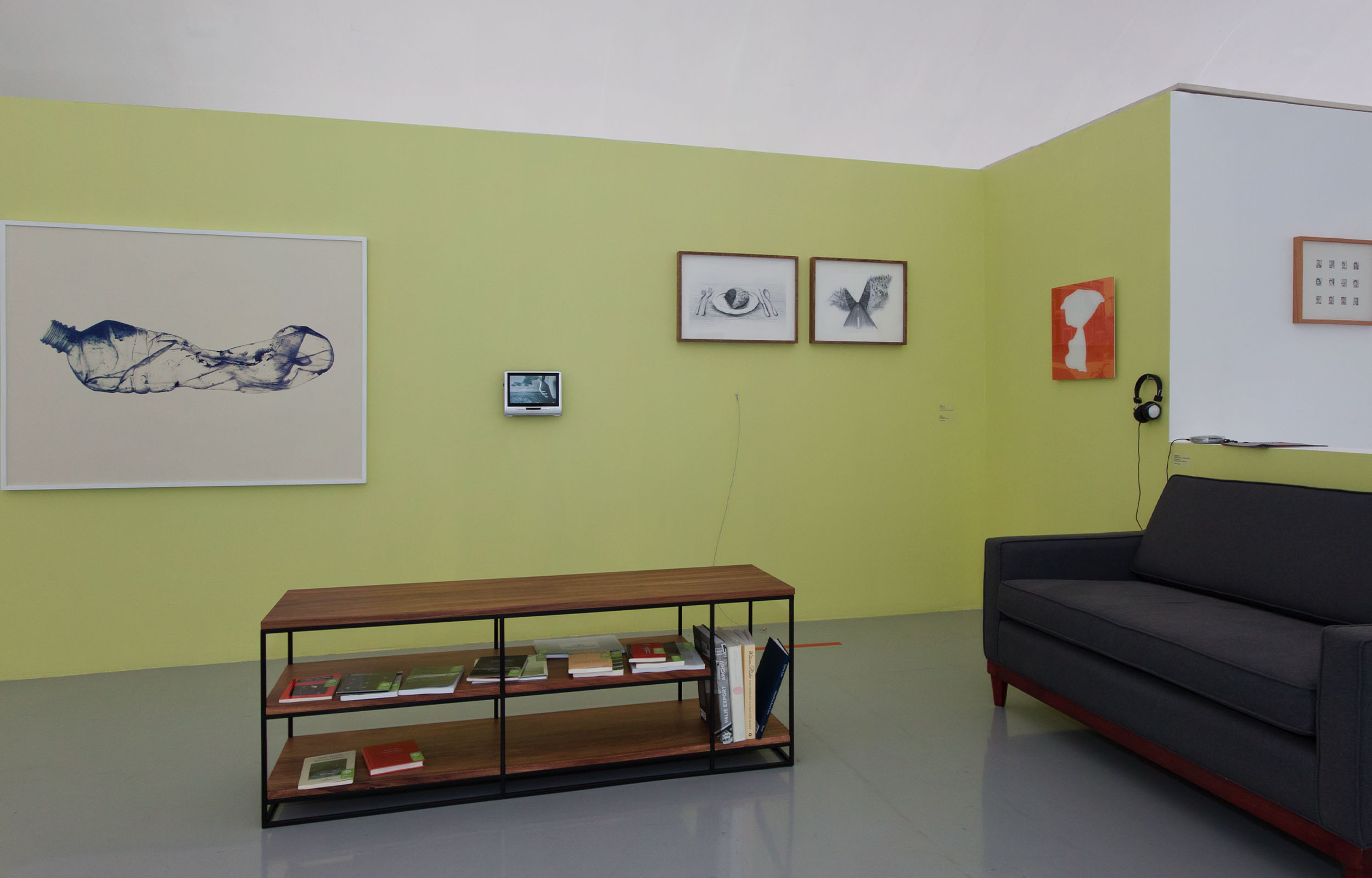
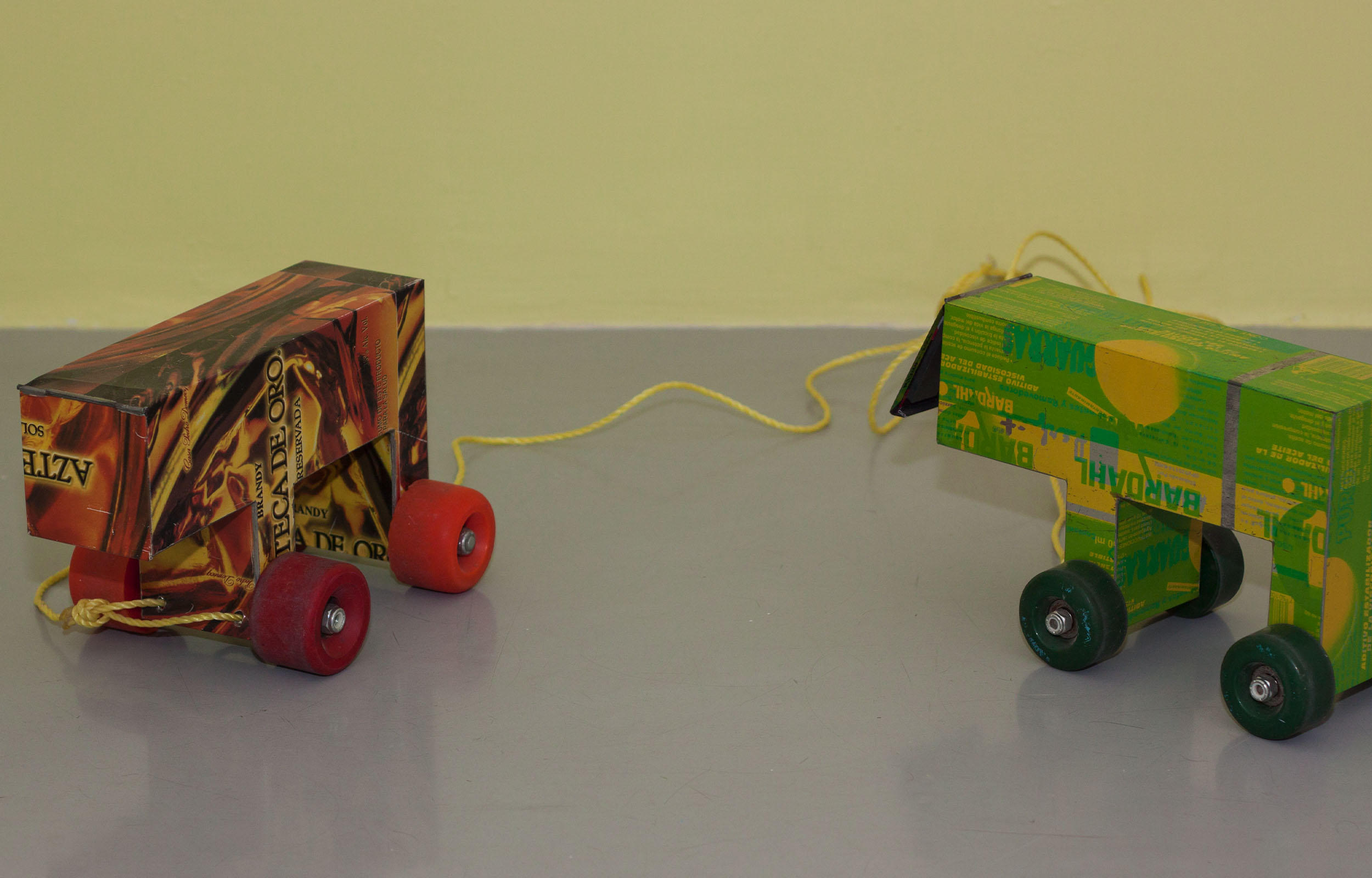
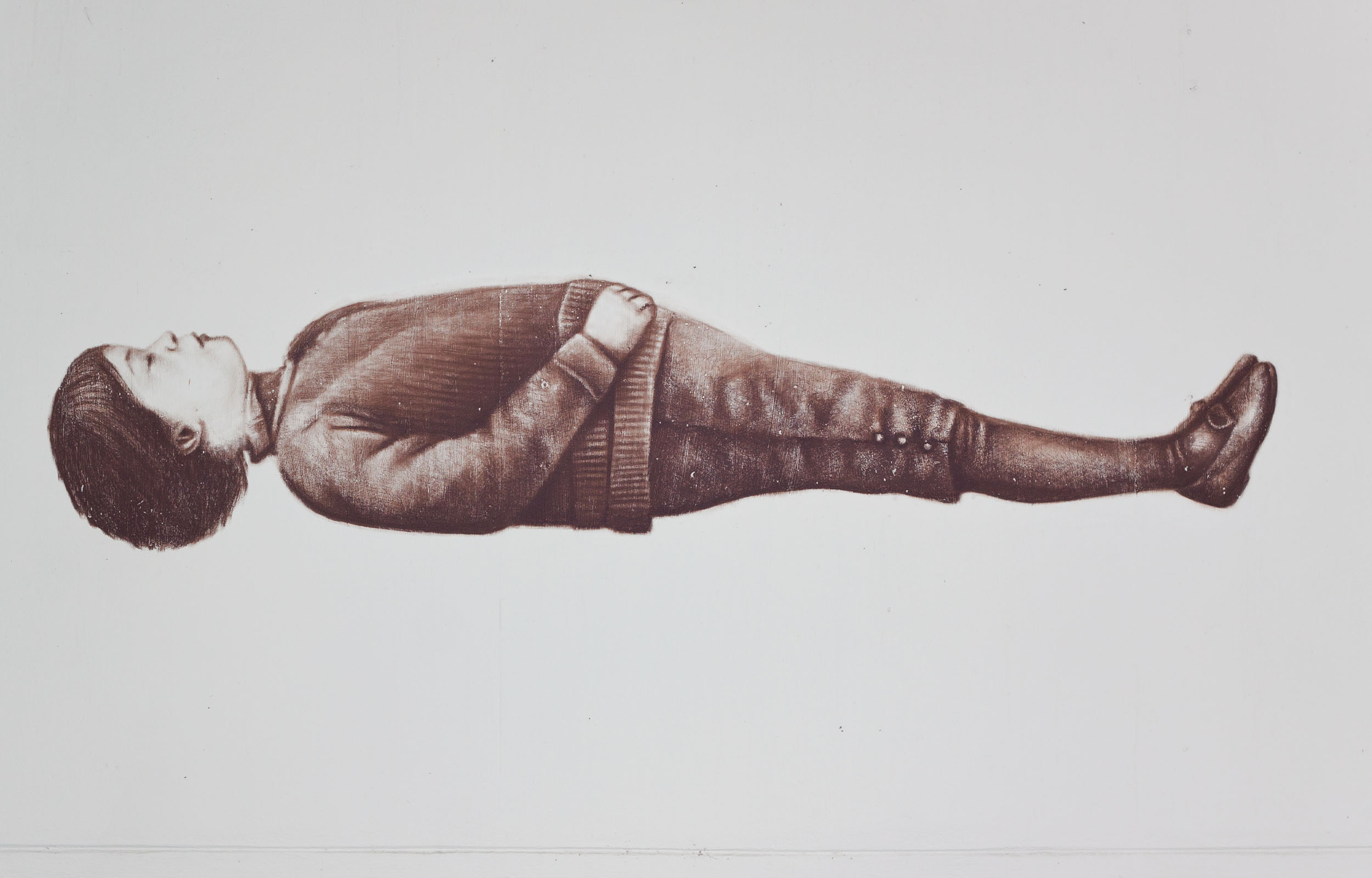

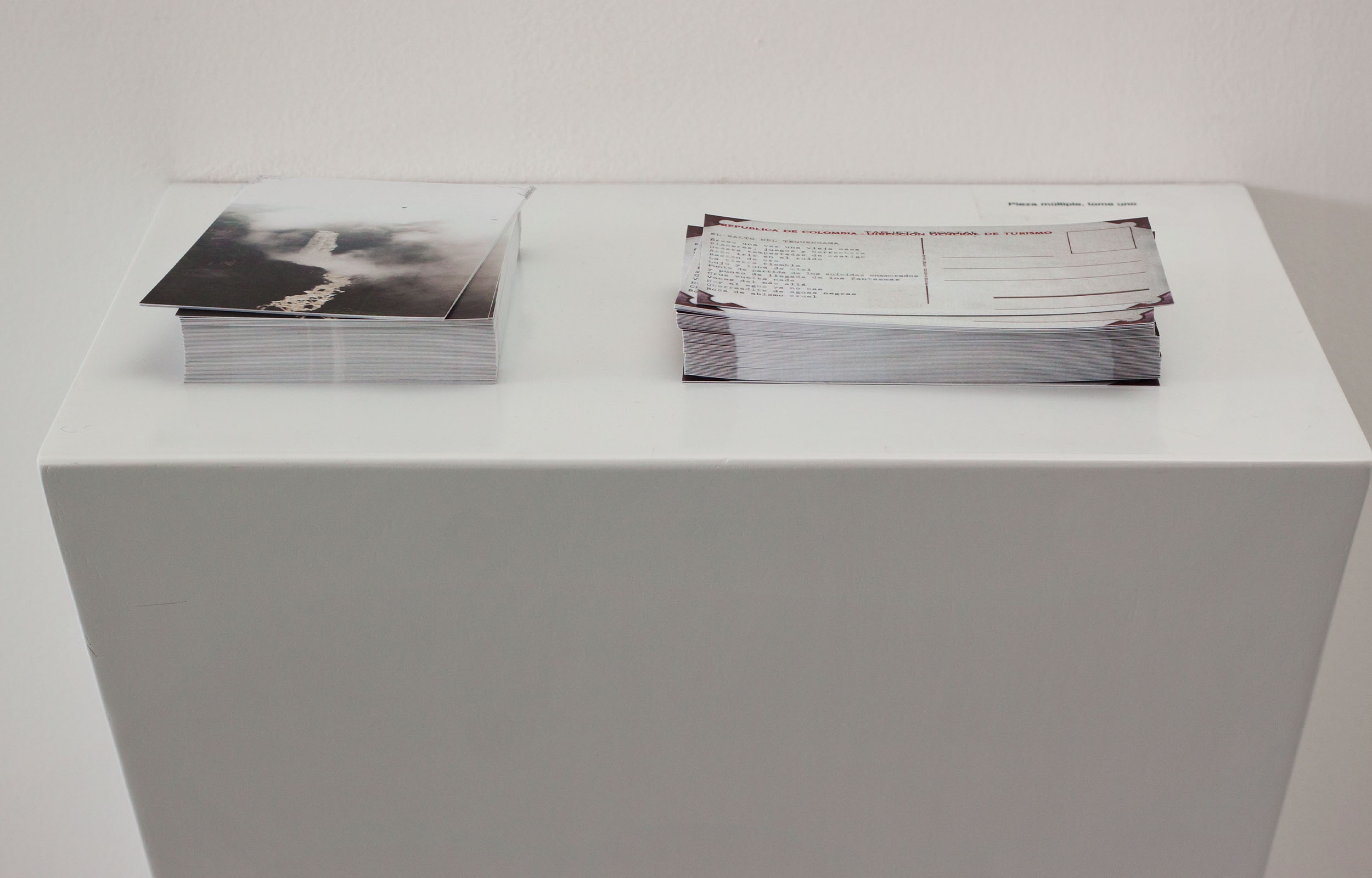
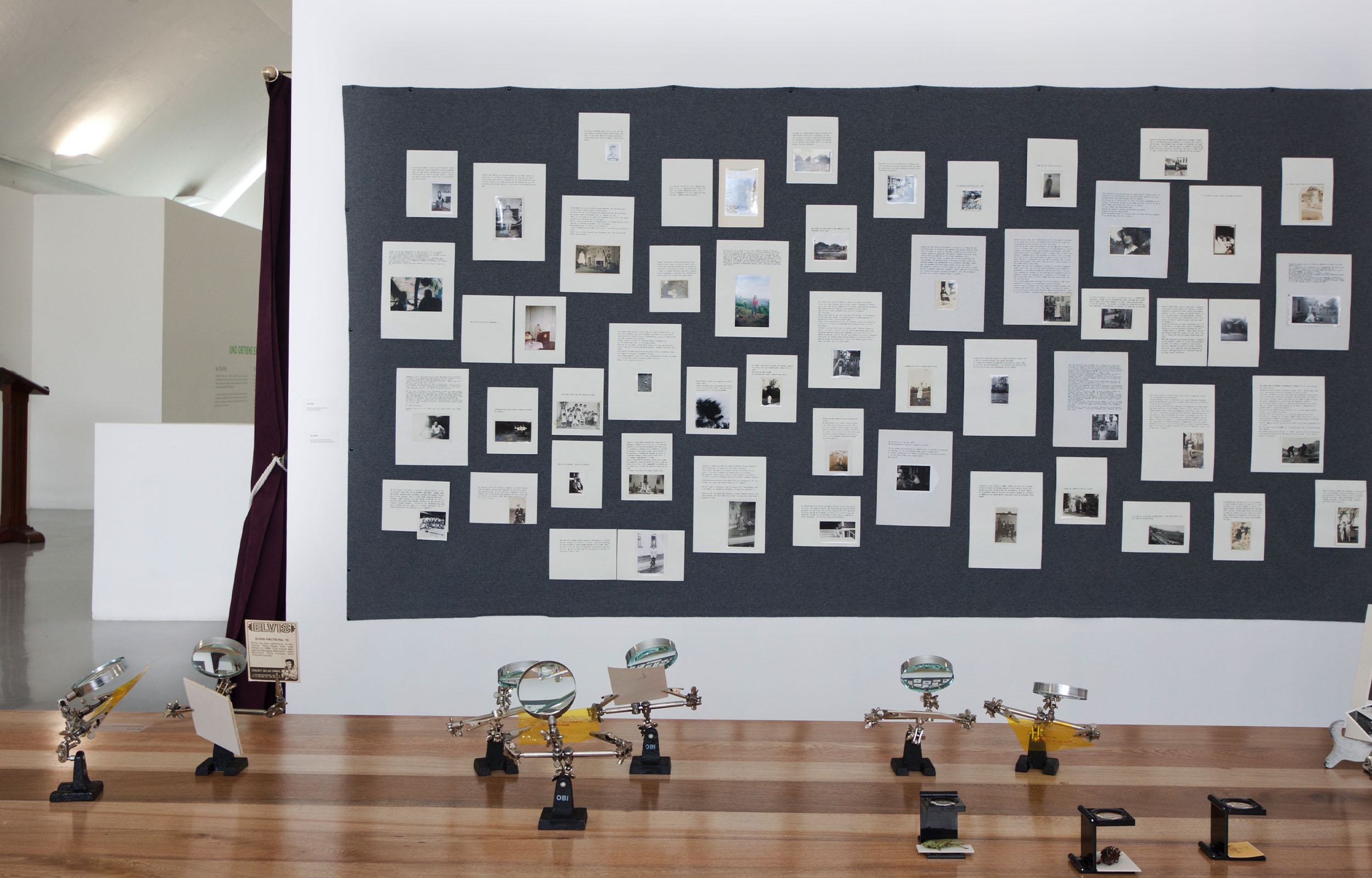
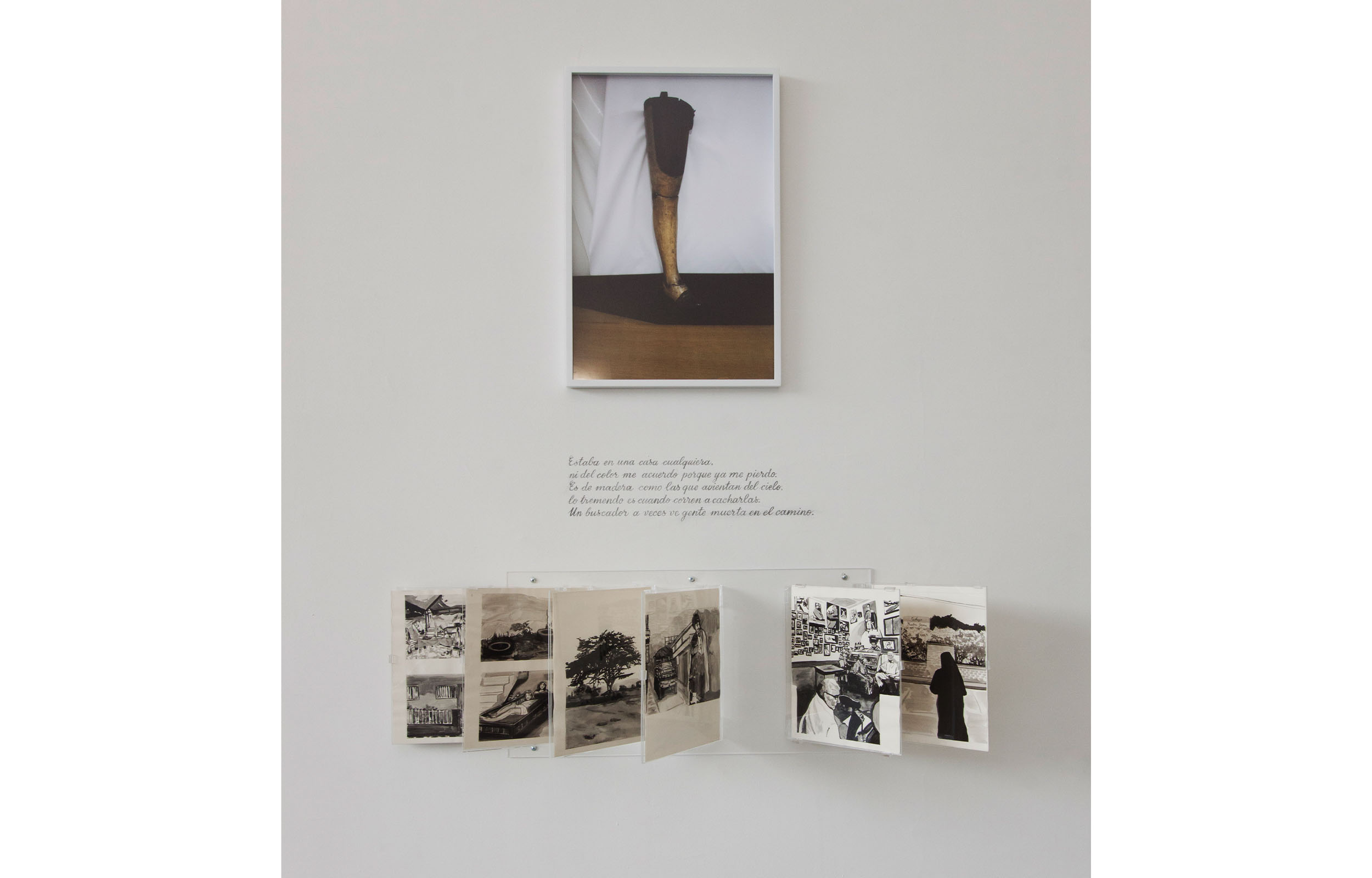
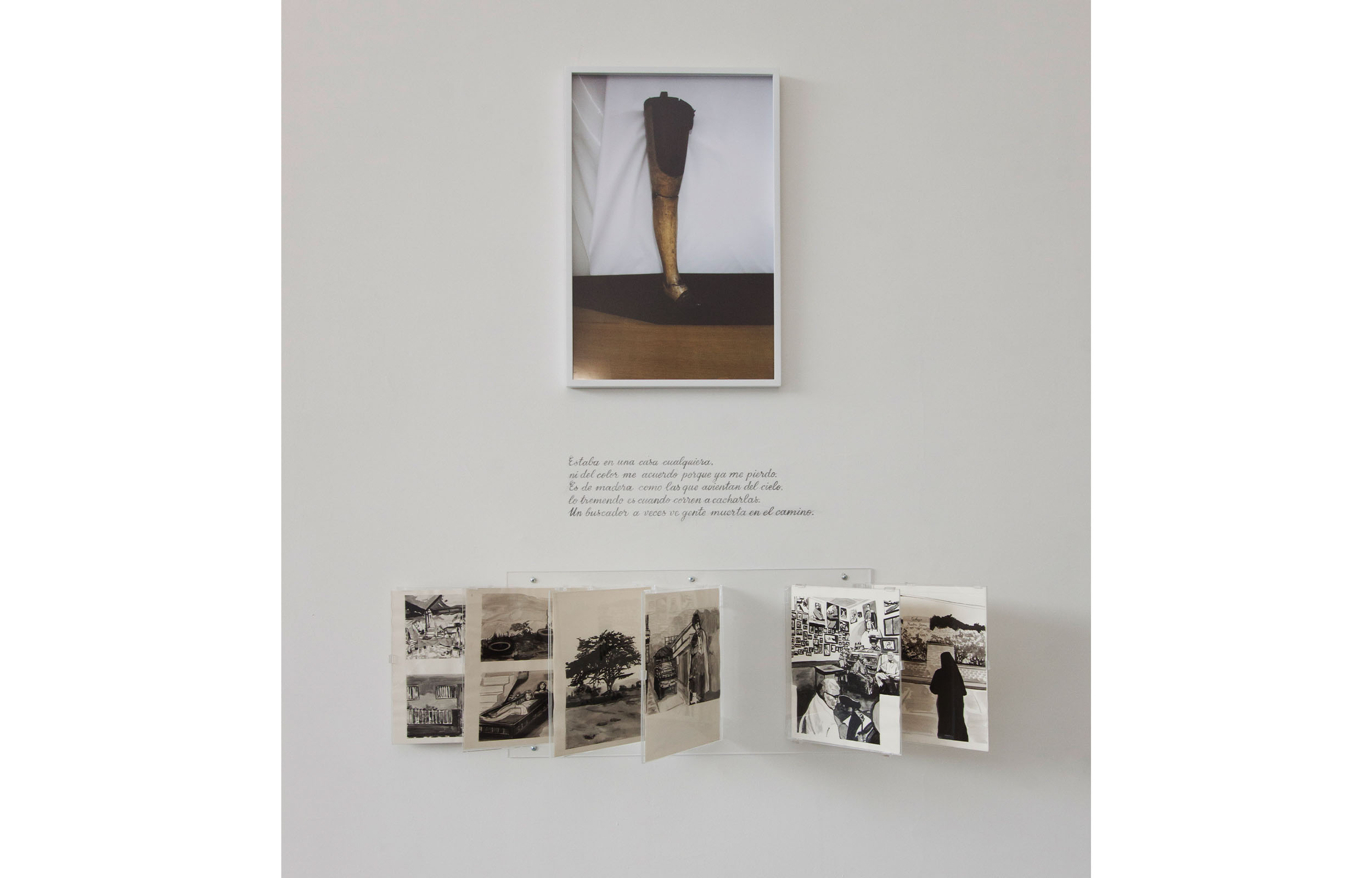
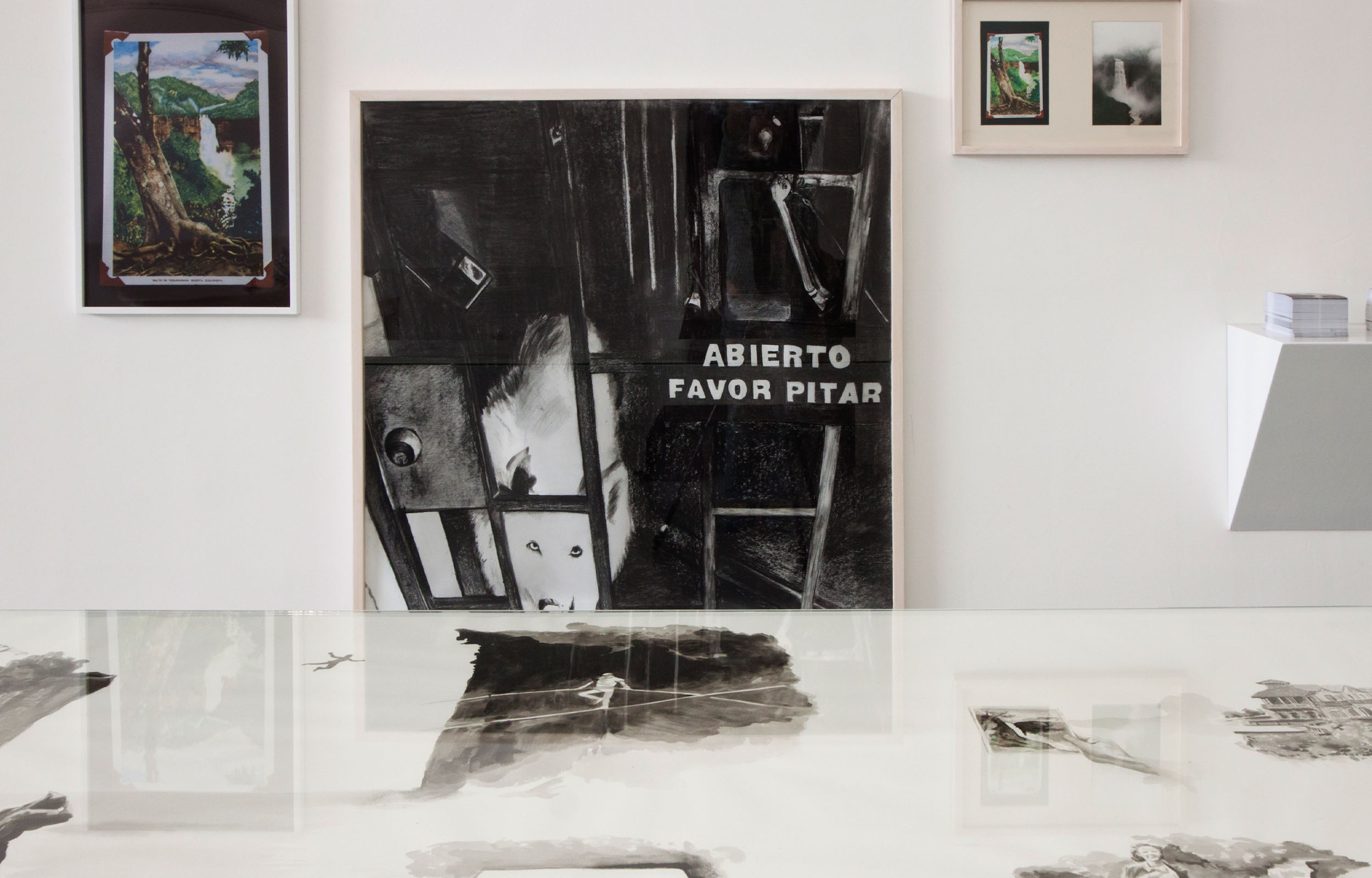
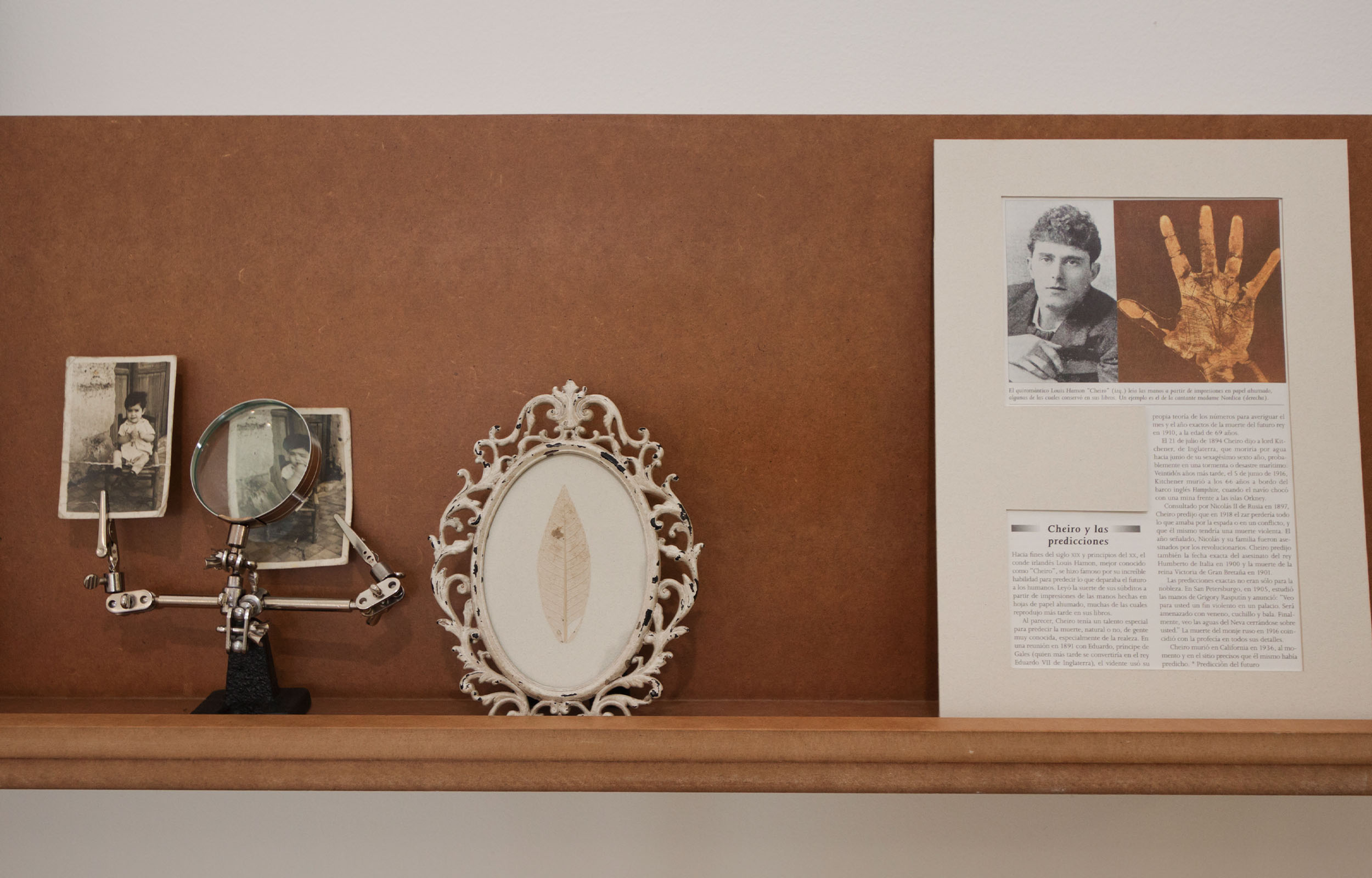
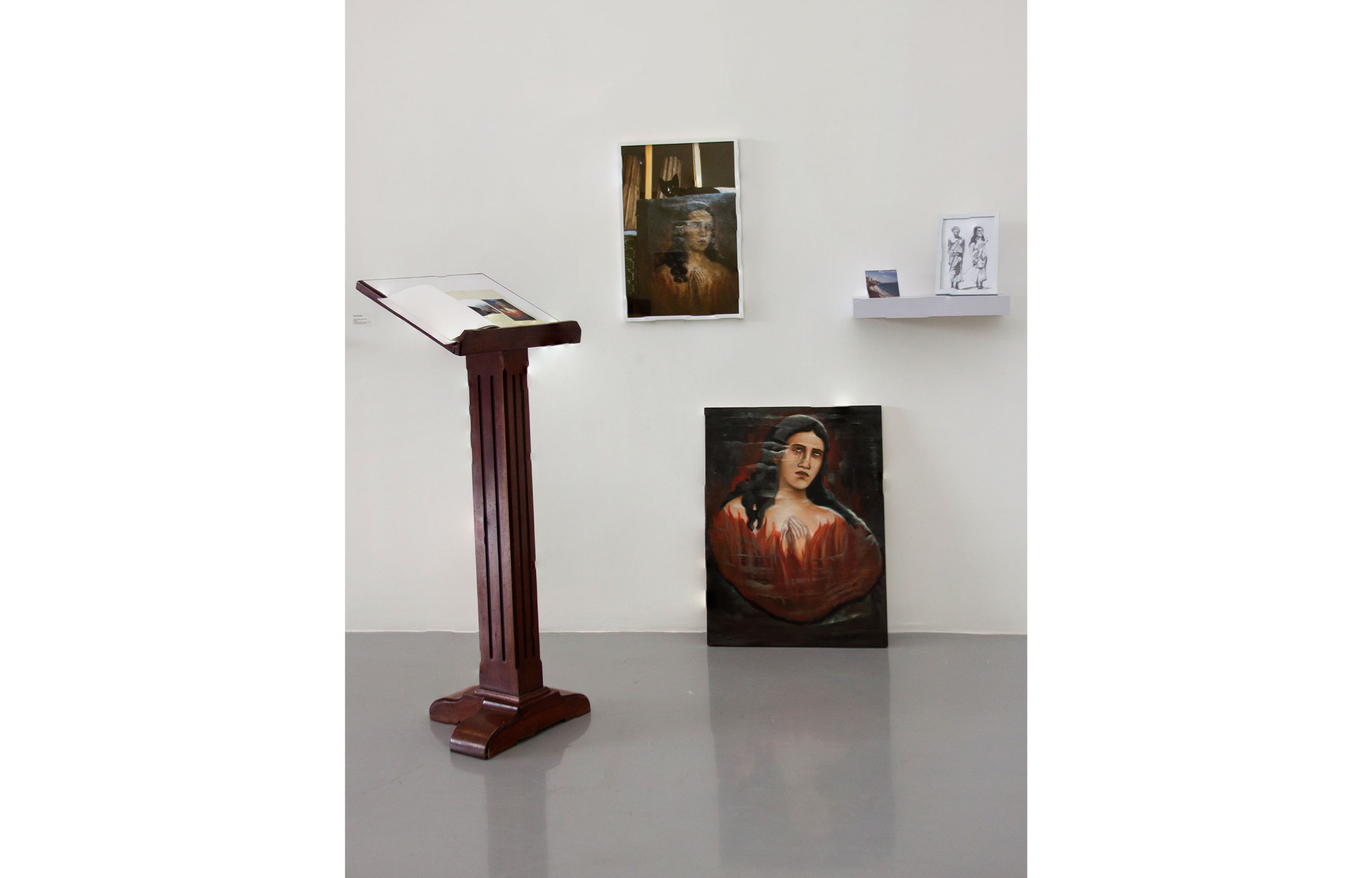
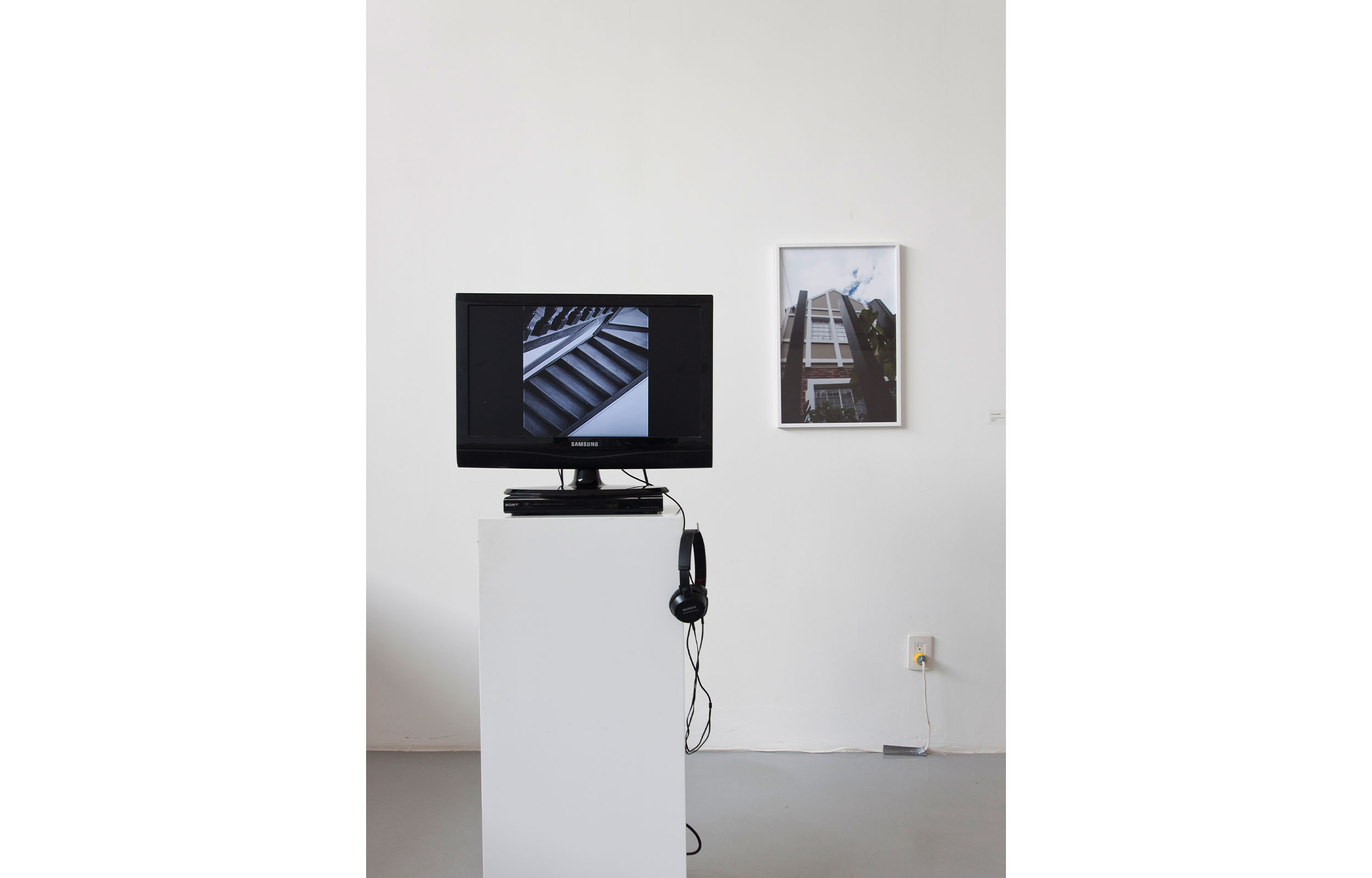
Open Studio #1: Finding The Path | Isa Carrillo & Florencia Guillén
From June 11 to September 15, 2013
Appendix:
Mauricio Alejo · Francis Alÿs · Mircea Cantor · Israel Martínez · Iván Puig · Danh Vo
The mission of the Museo de Arte de Zapopan (MAZ) is to generate experiences that encourage reflection and learning through contemporary art, fostering dialogue between established certainties and new ideas, in favor of complex understandings and autonomous thought. Themes such as memory and time, social esthetics, and integral ecology have guided the lines of research we explored in organizing projects by local artists and international showings with a socially relevant slant. As an institution without a permanent collection, MAZ is committed to producing content and establishing spaces for reflection of the broadest possible scope.
Another commitment is our avoidance of individual retrospective exhibitions, in the aim of maintaining proximity to the community by prioritizing artistic production that engages with its context in order to prove itself effective. We have therefore opted rather for topical thematic exhibitions in which diverse currents of thought can converge and be explored, as opposed to shows organized around a single artist and his or her personal career. By the same token, the program Estudio abierto has joined in an effort to stimulate dialogue between the public and the artists who participate in person and continue to work during their exhibitions.
The series of catalogues to which the present one belongs seeks to function as the memory of Estudio abierto, documenting the textual and photographic material of the initial project and also presenting the final results, so that the reader can access both moments simultaneously. Though we have set ourselves no quotas, in an endeavor to rectify the inequitable representation of women in spaces devoted to art, Estudio abierto I is the first of several to present the work of women, in this case, two artists whose production constitutes a unique and authentic mode of approaching the world and understanding the construction of culture.
Viviana Kuri
